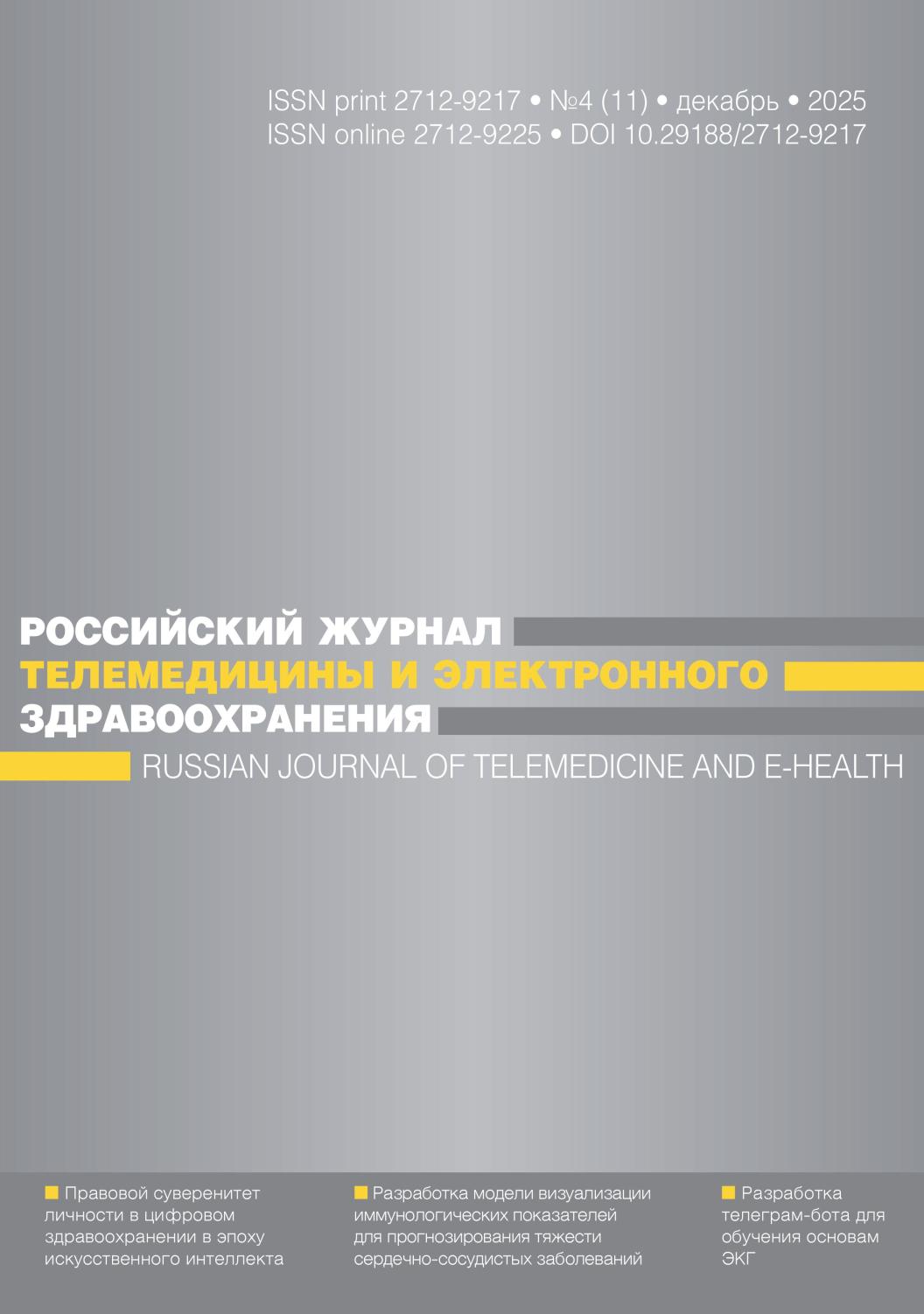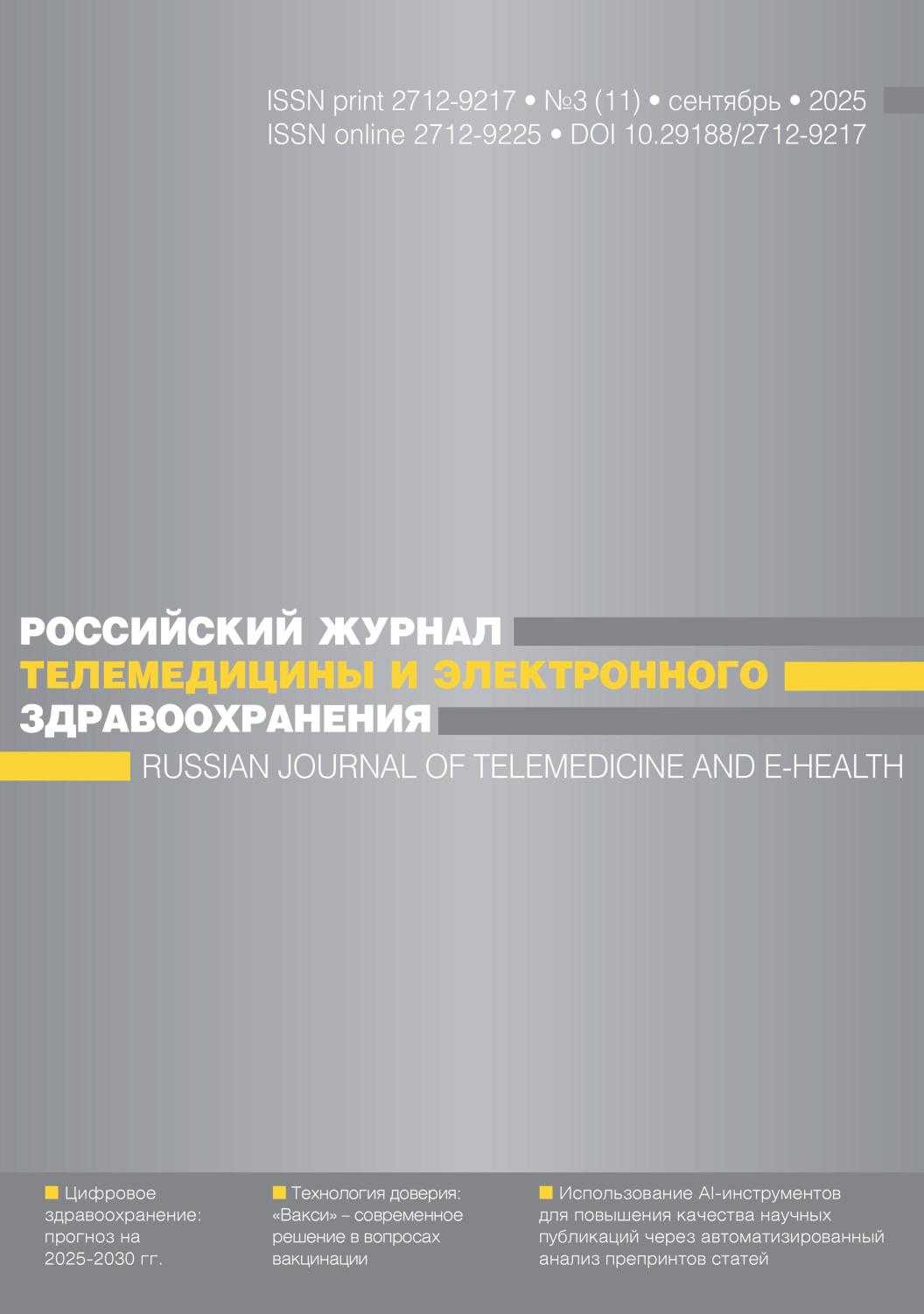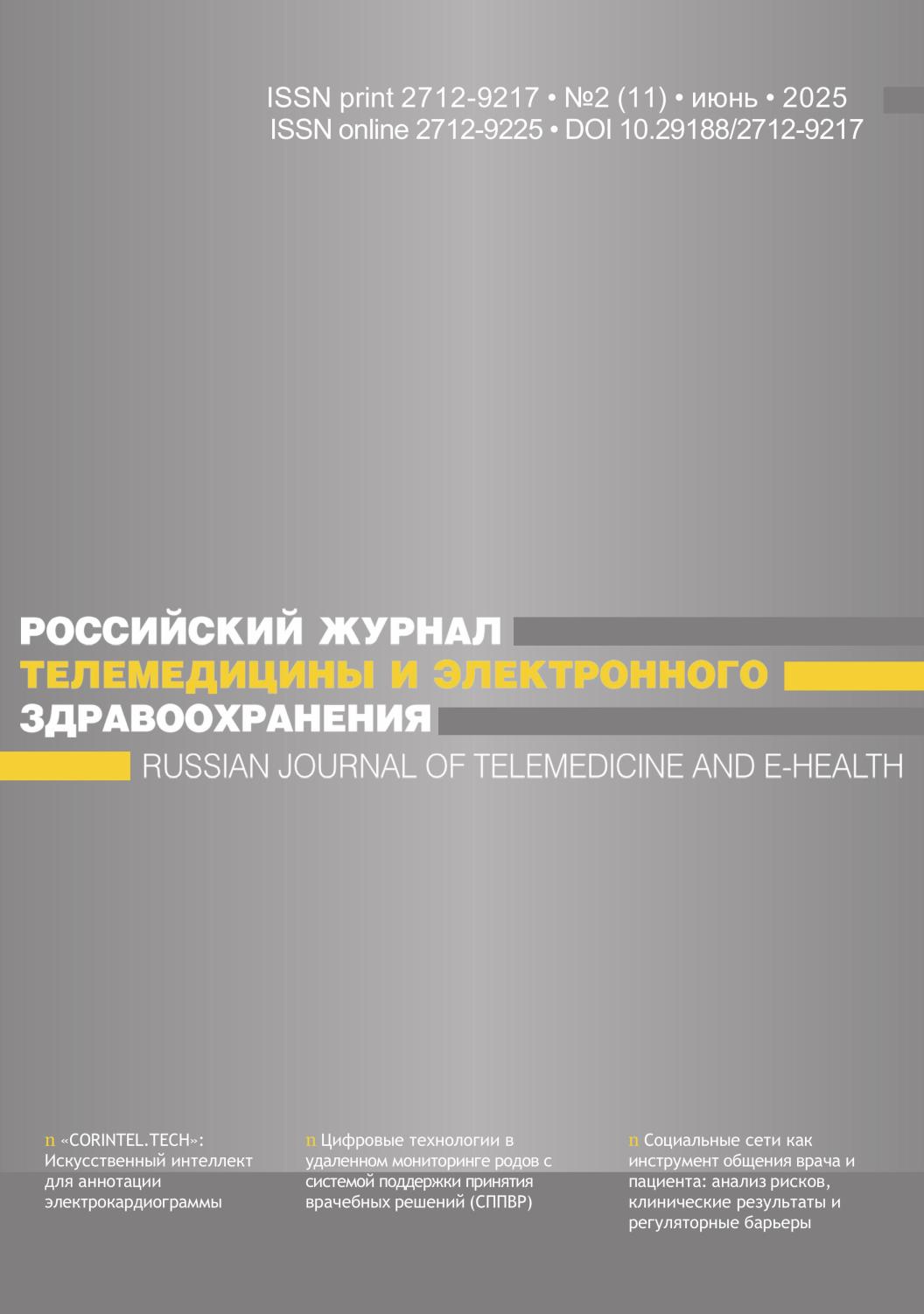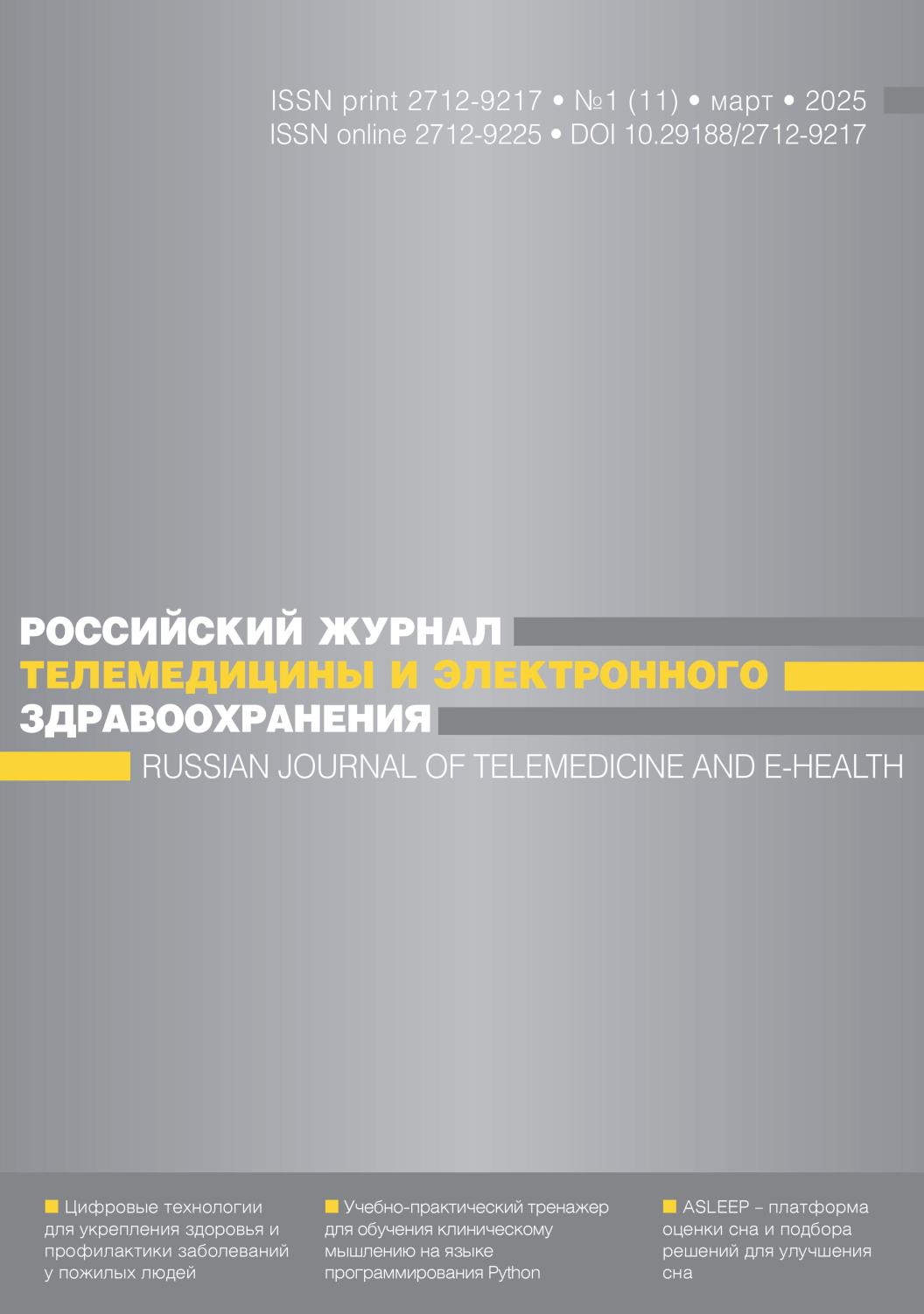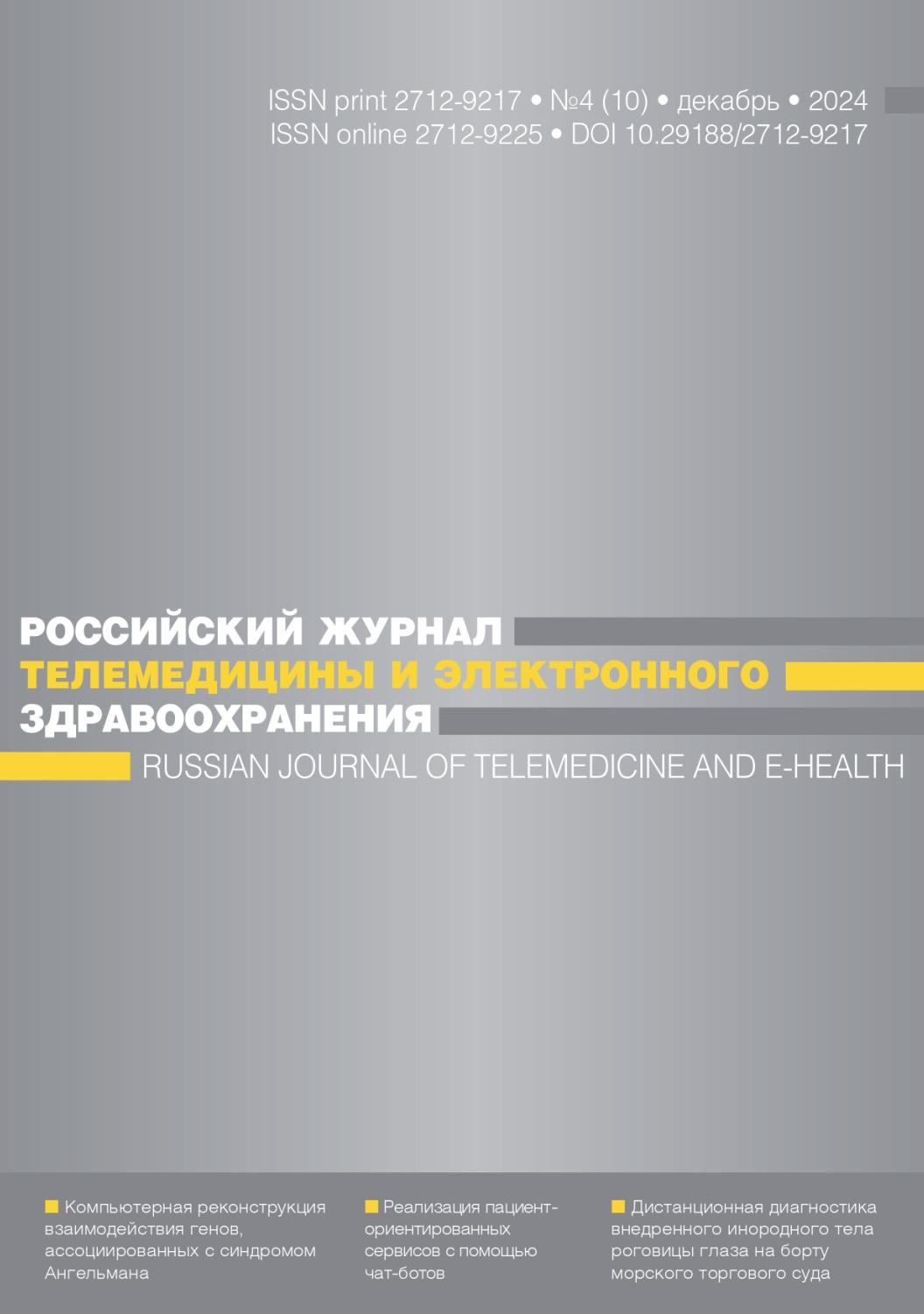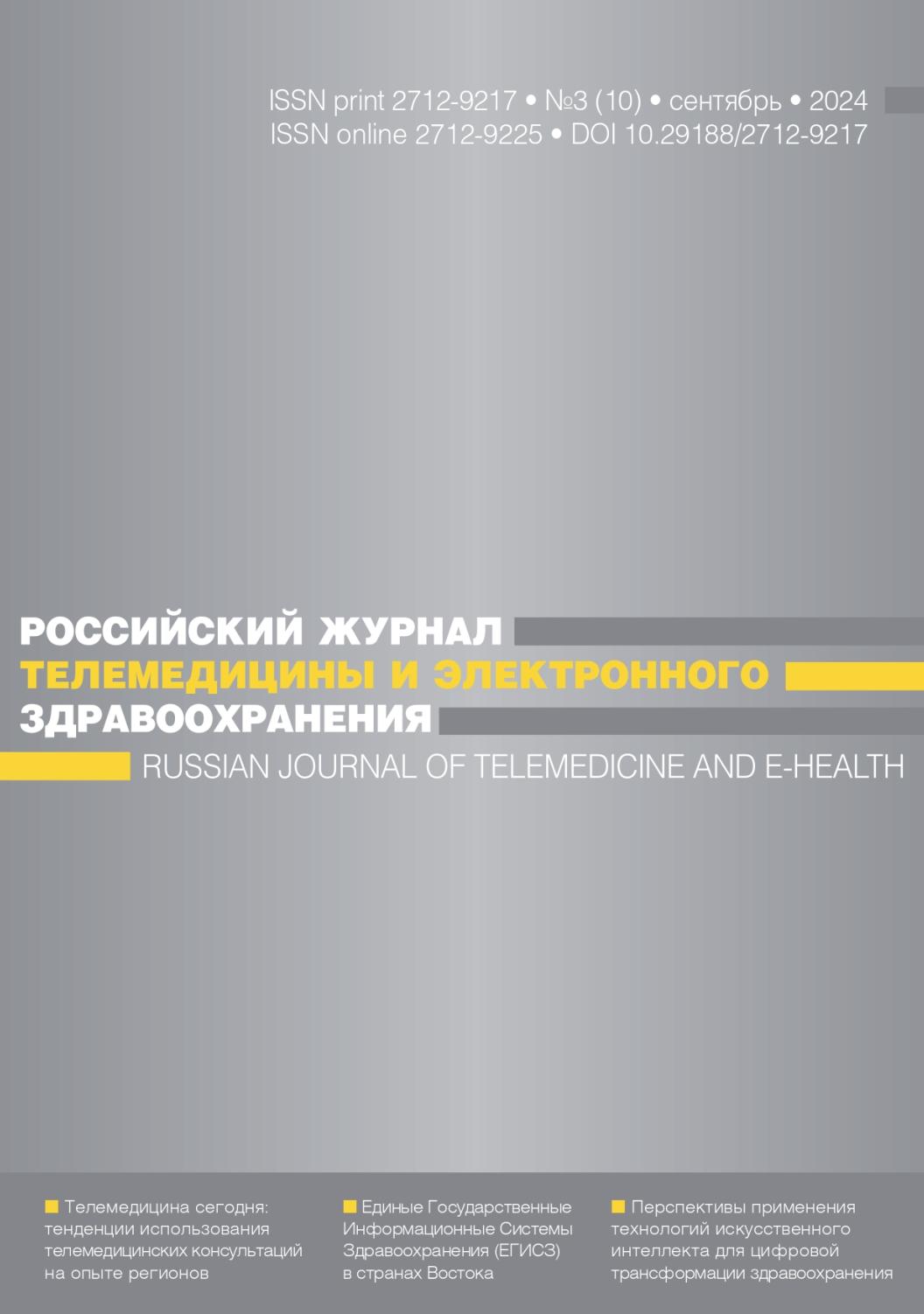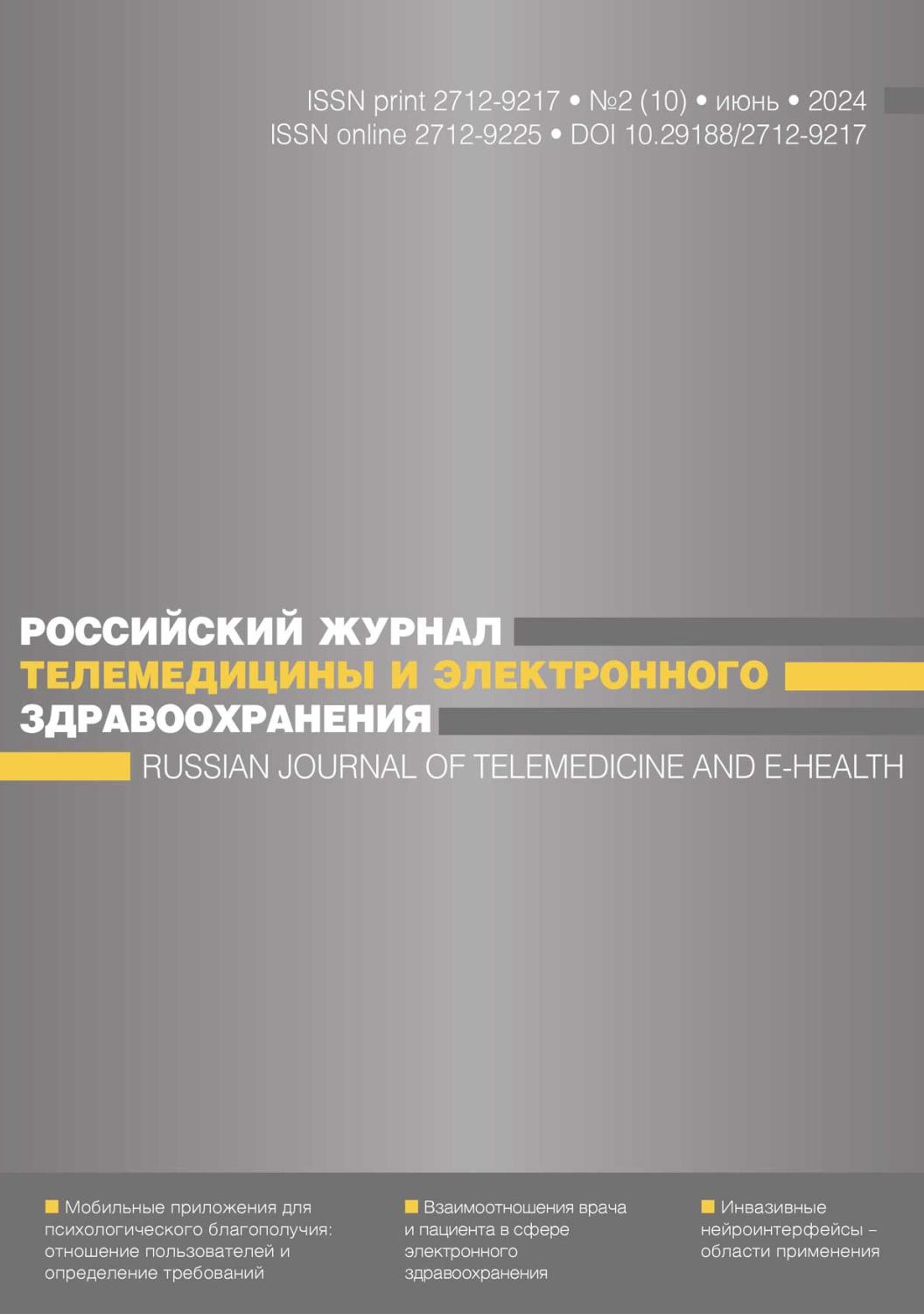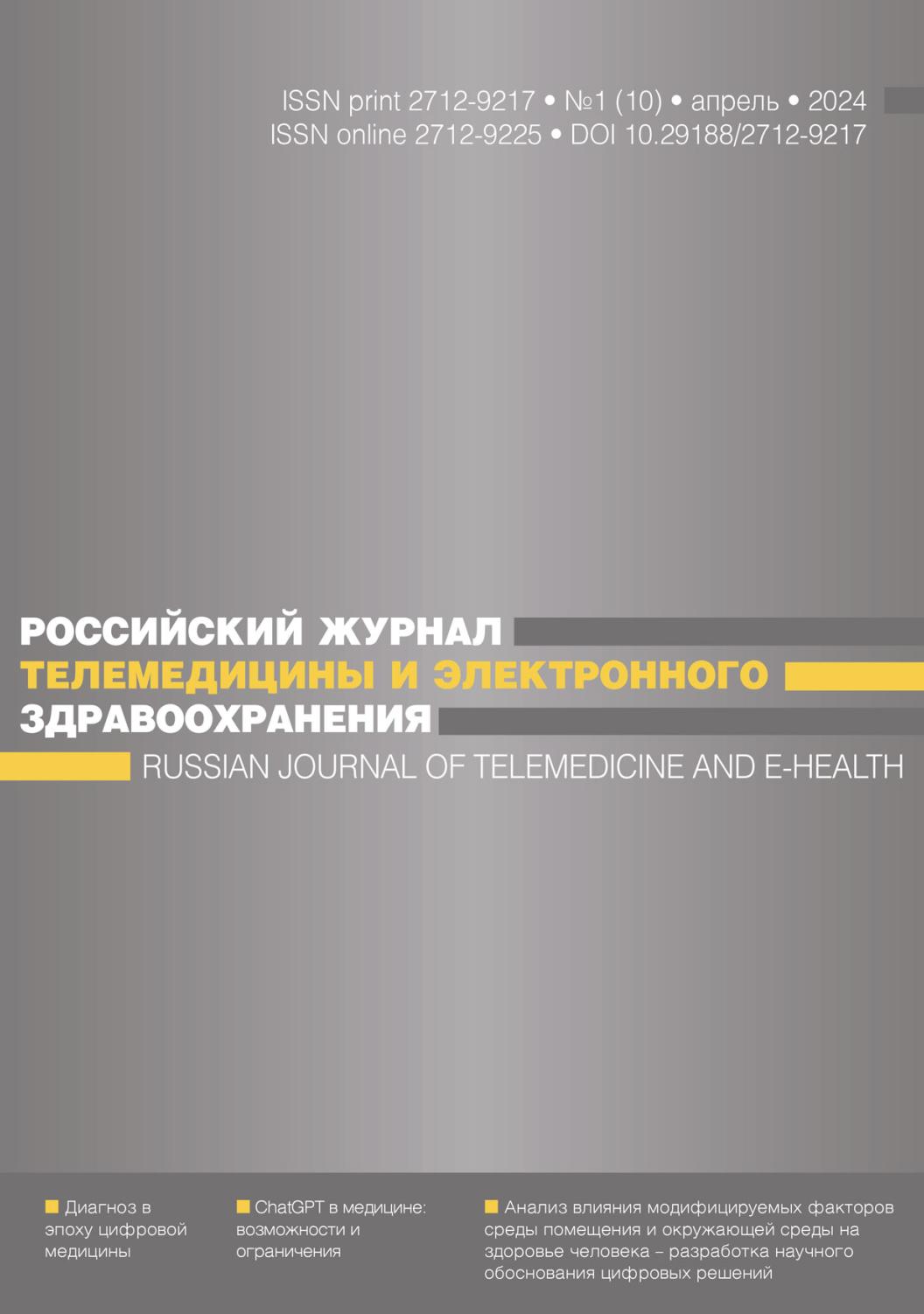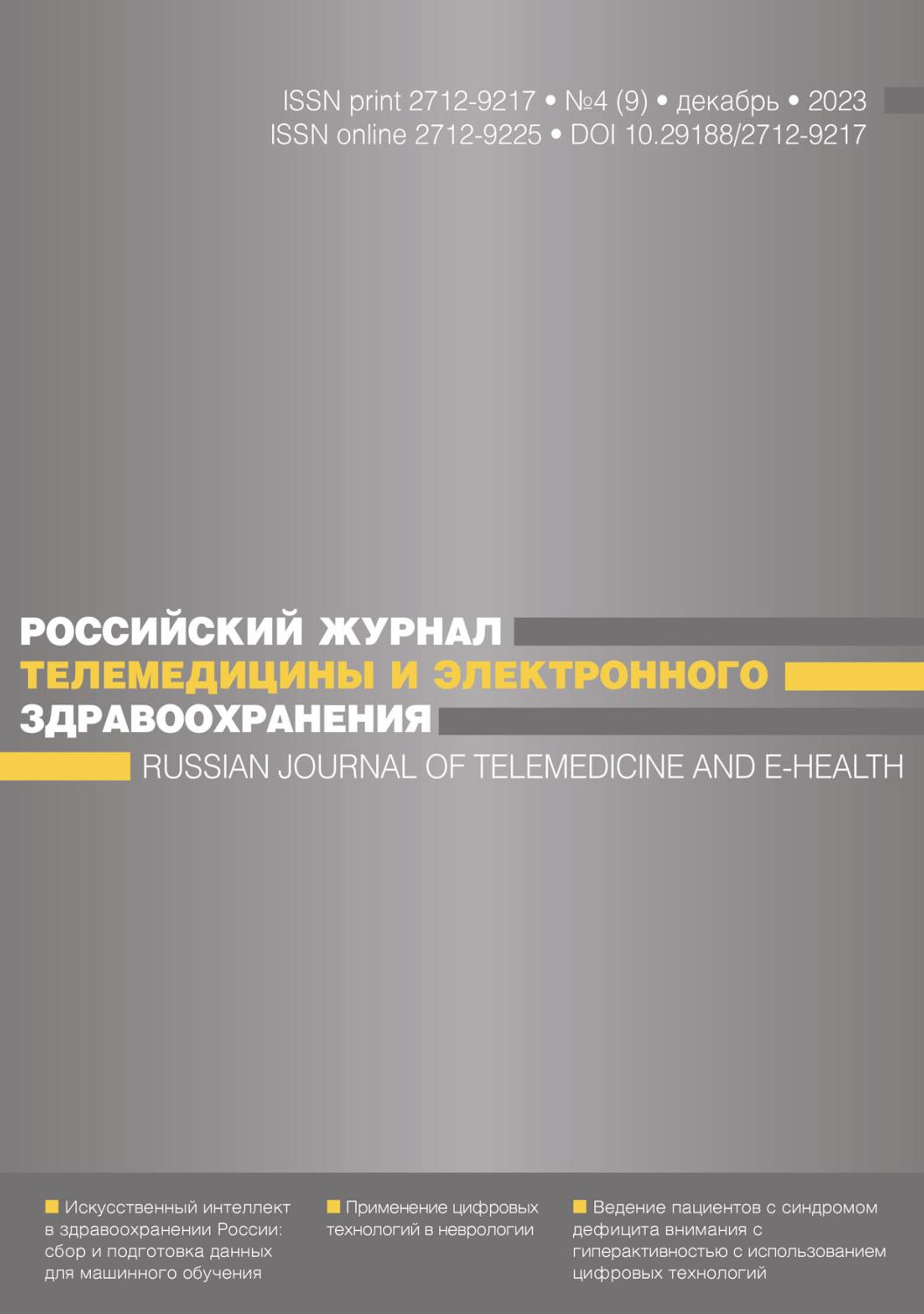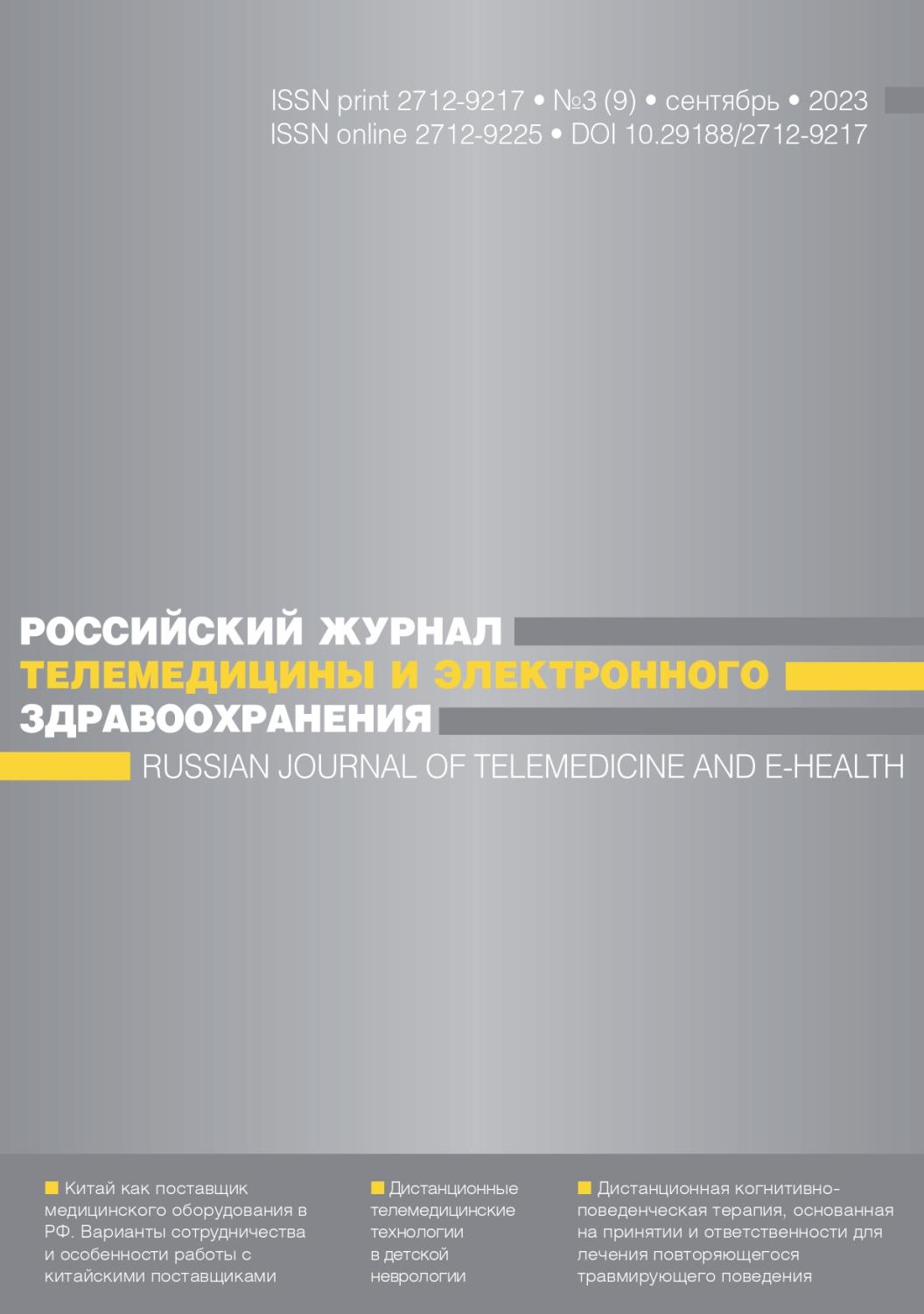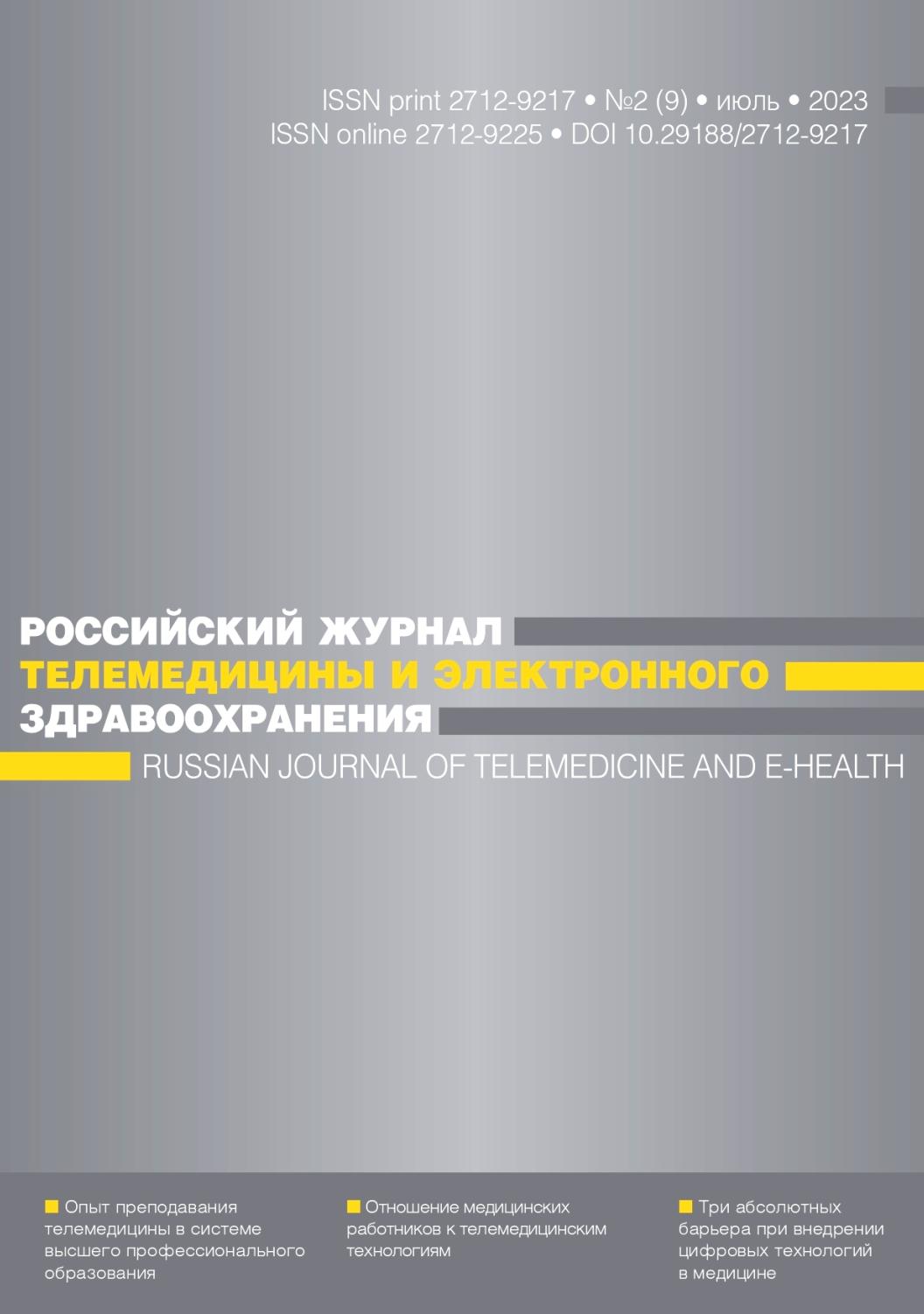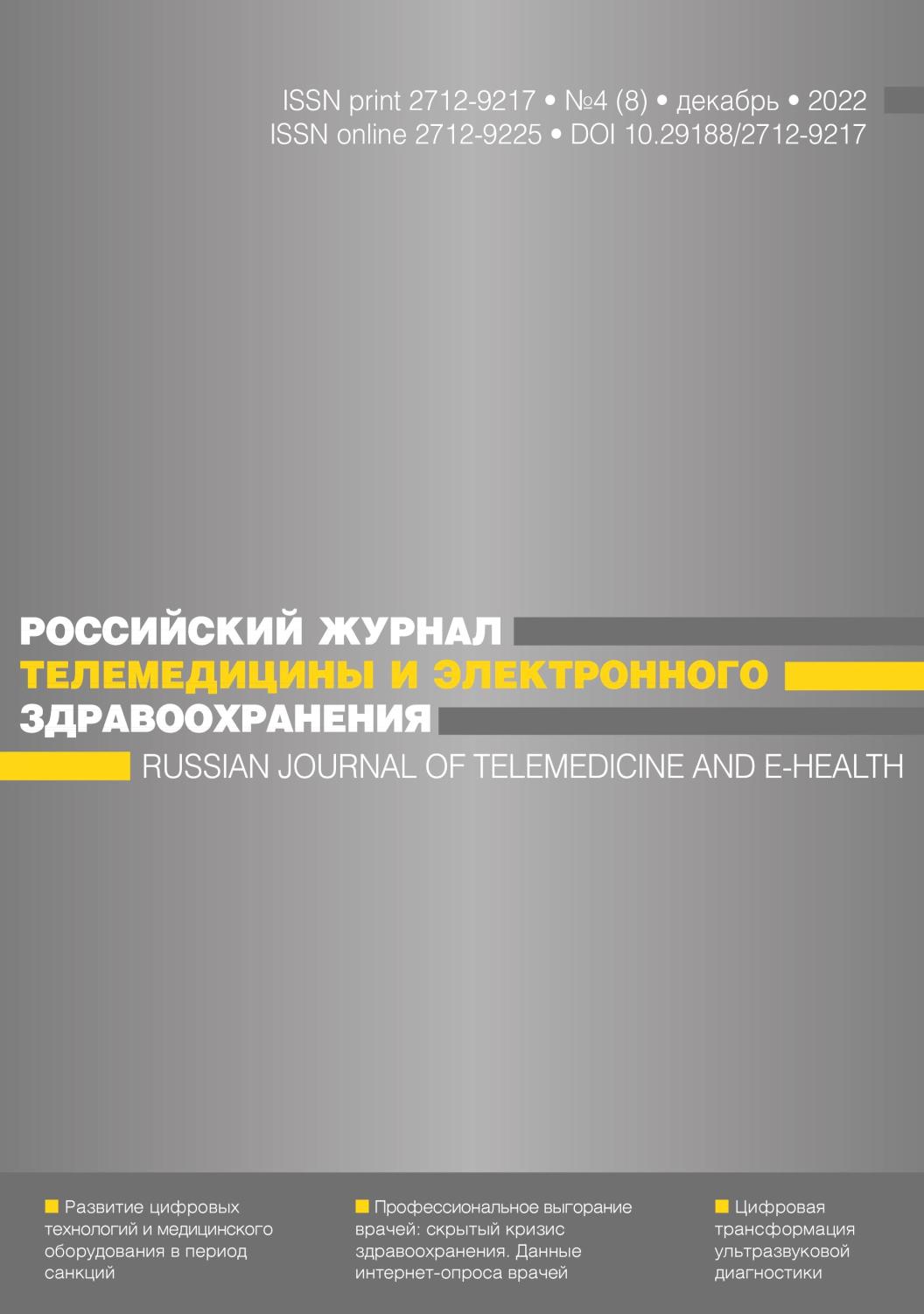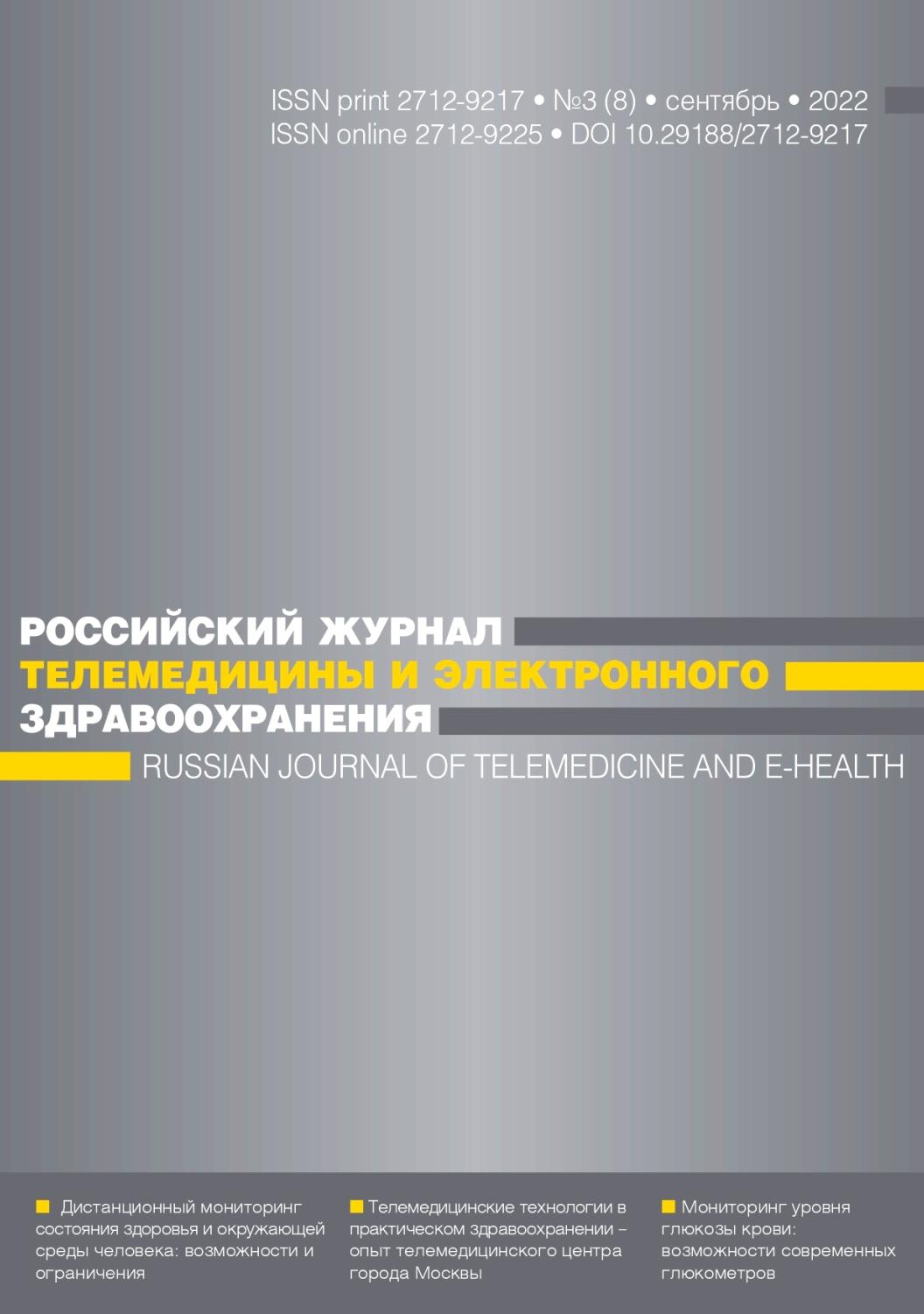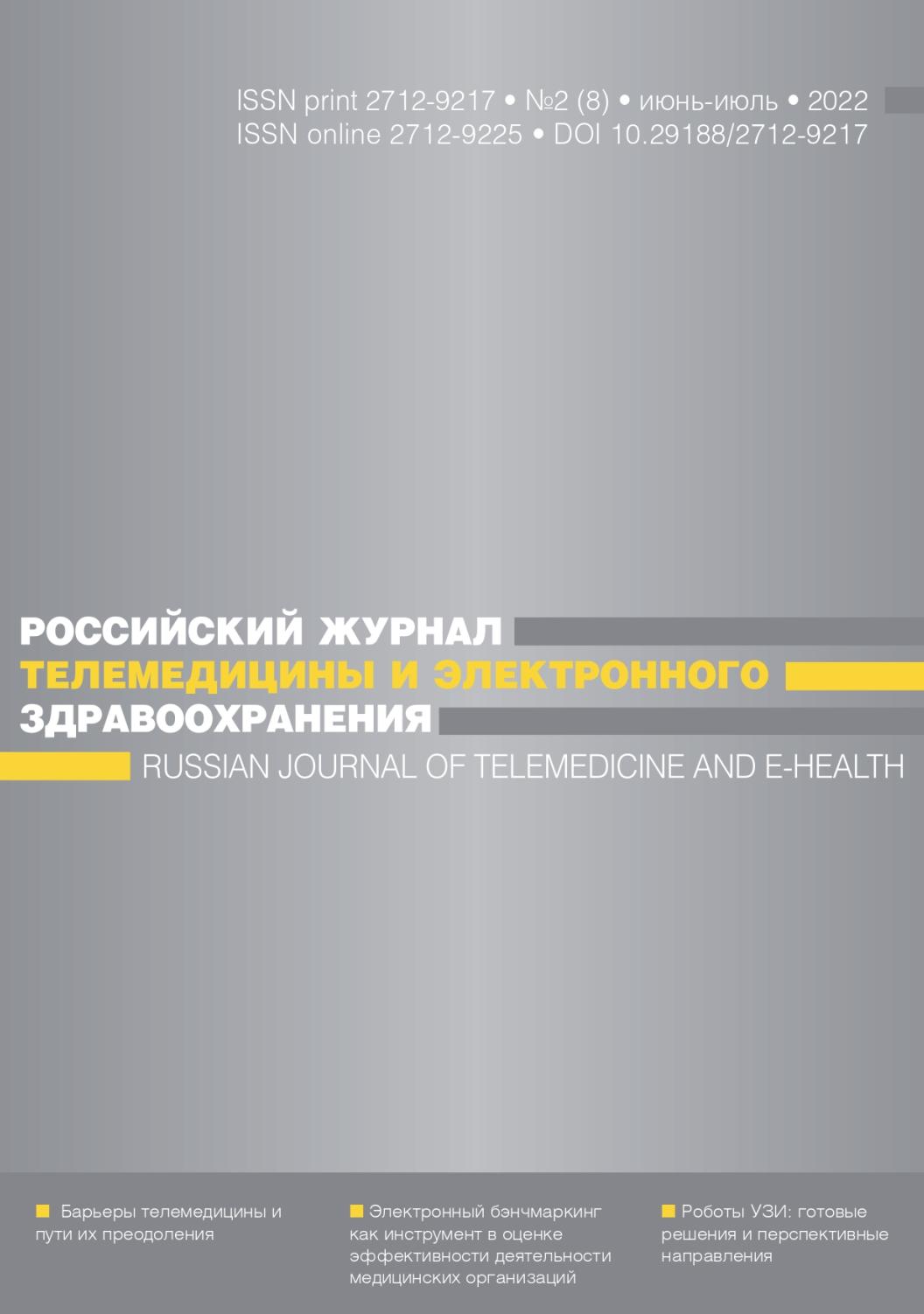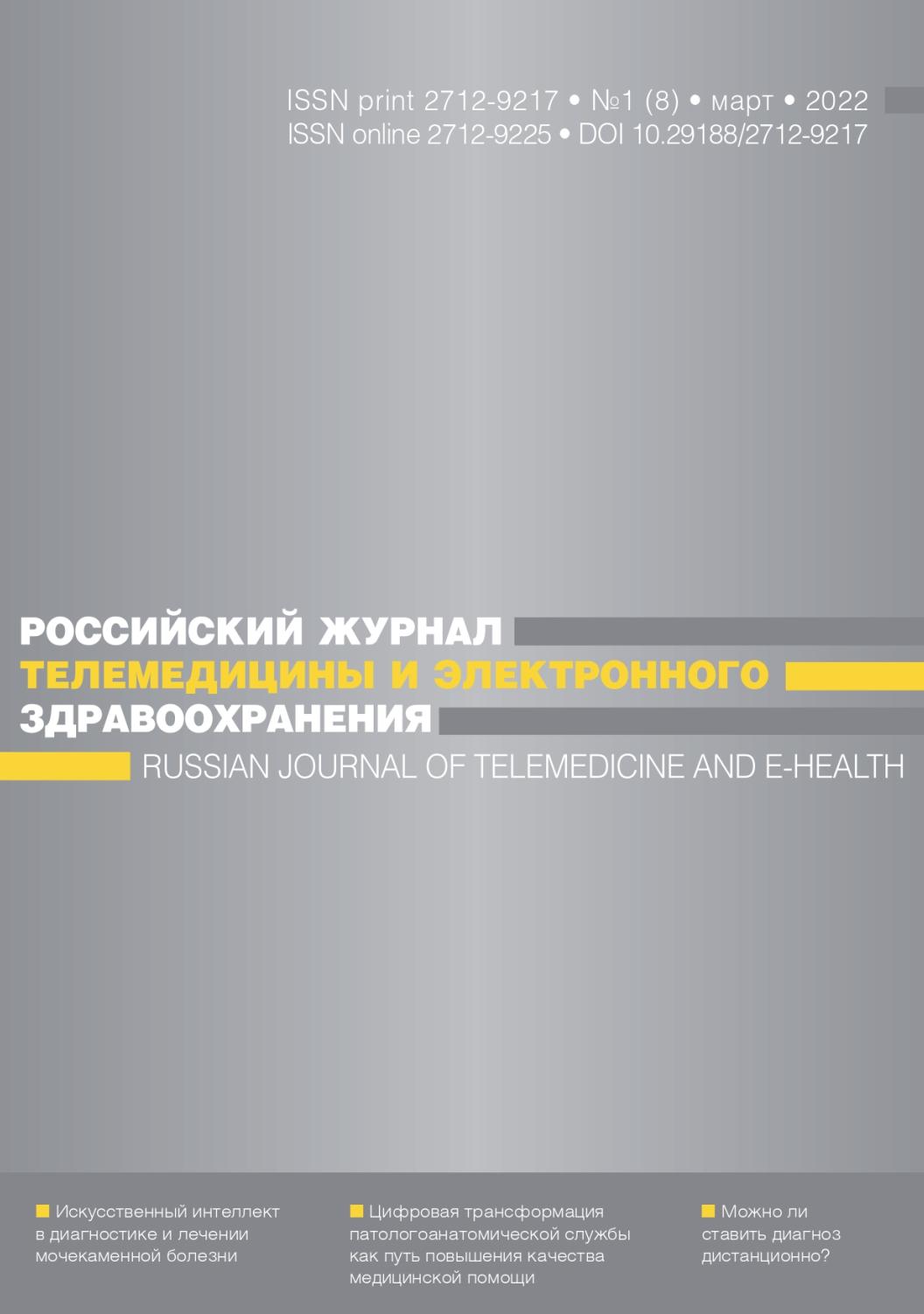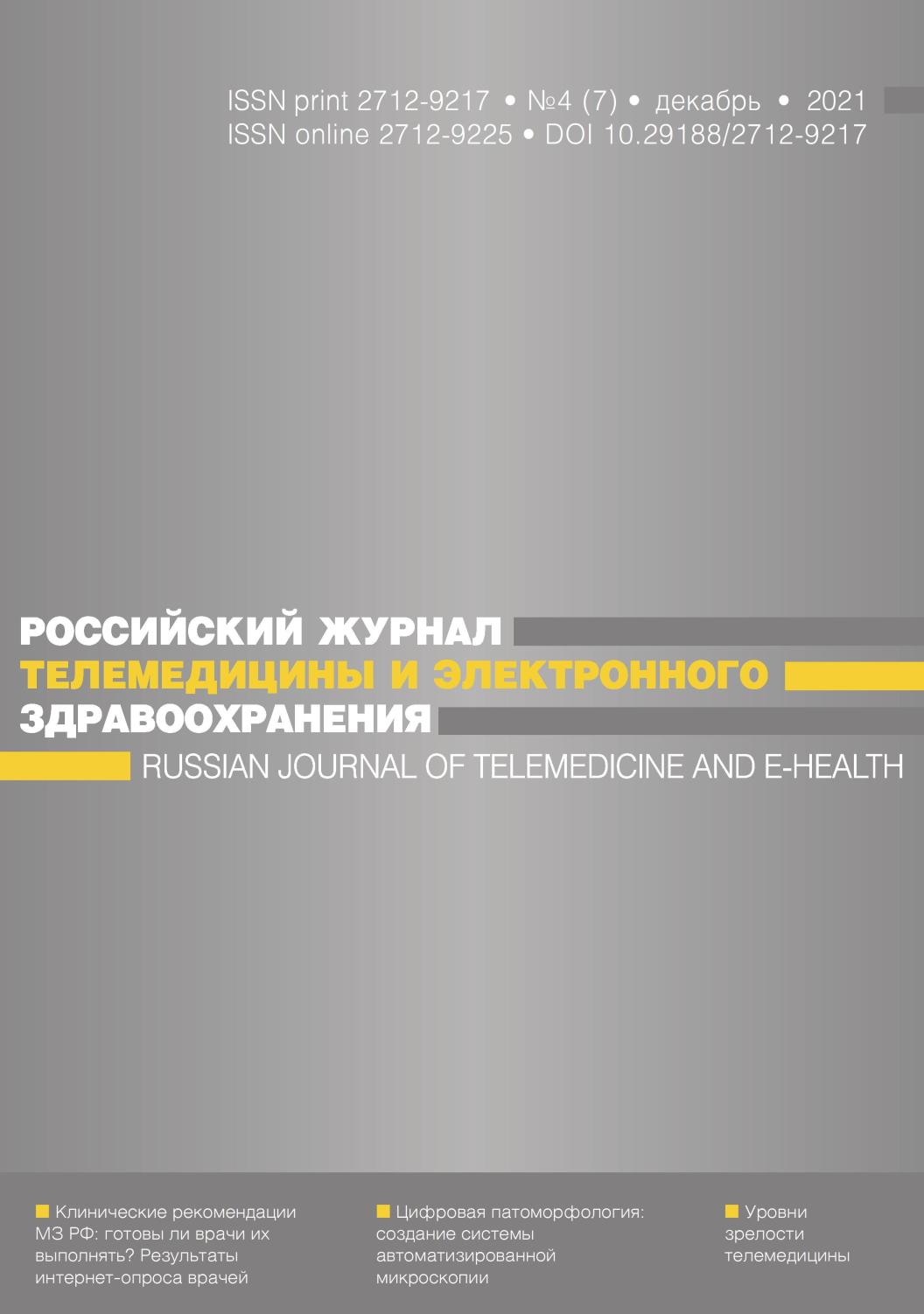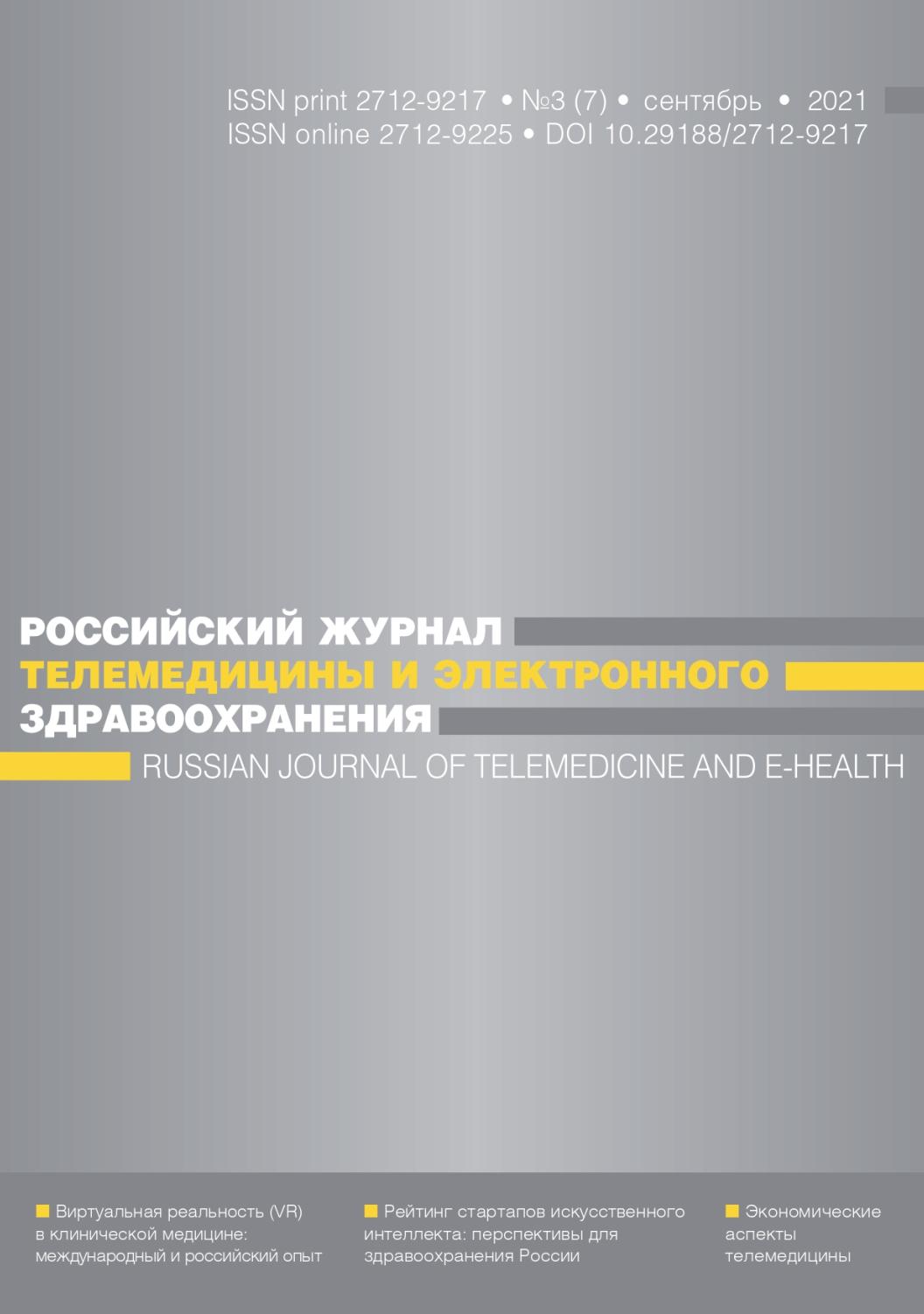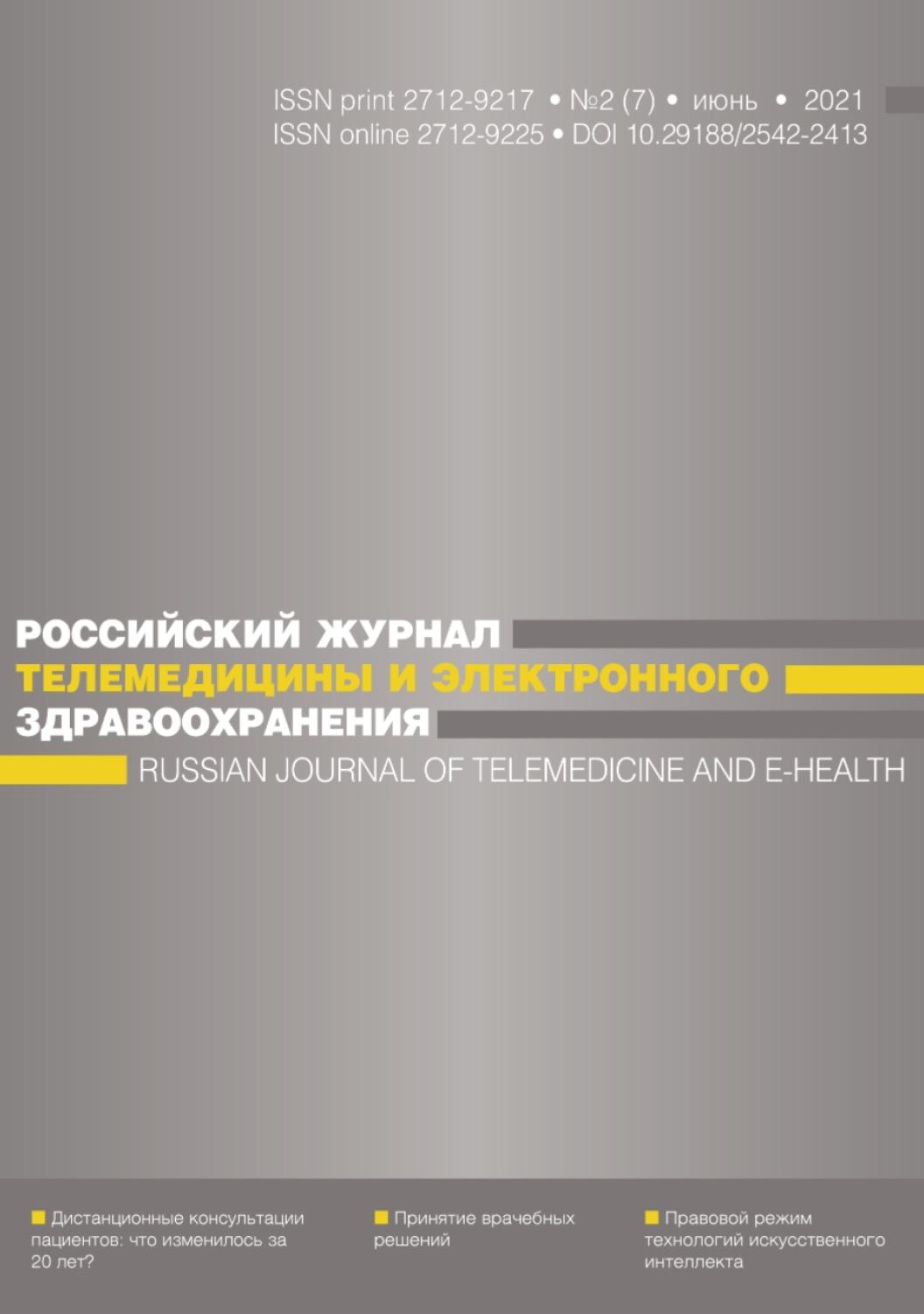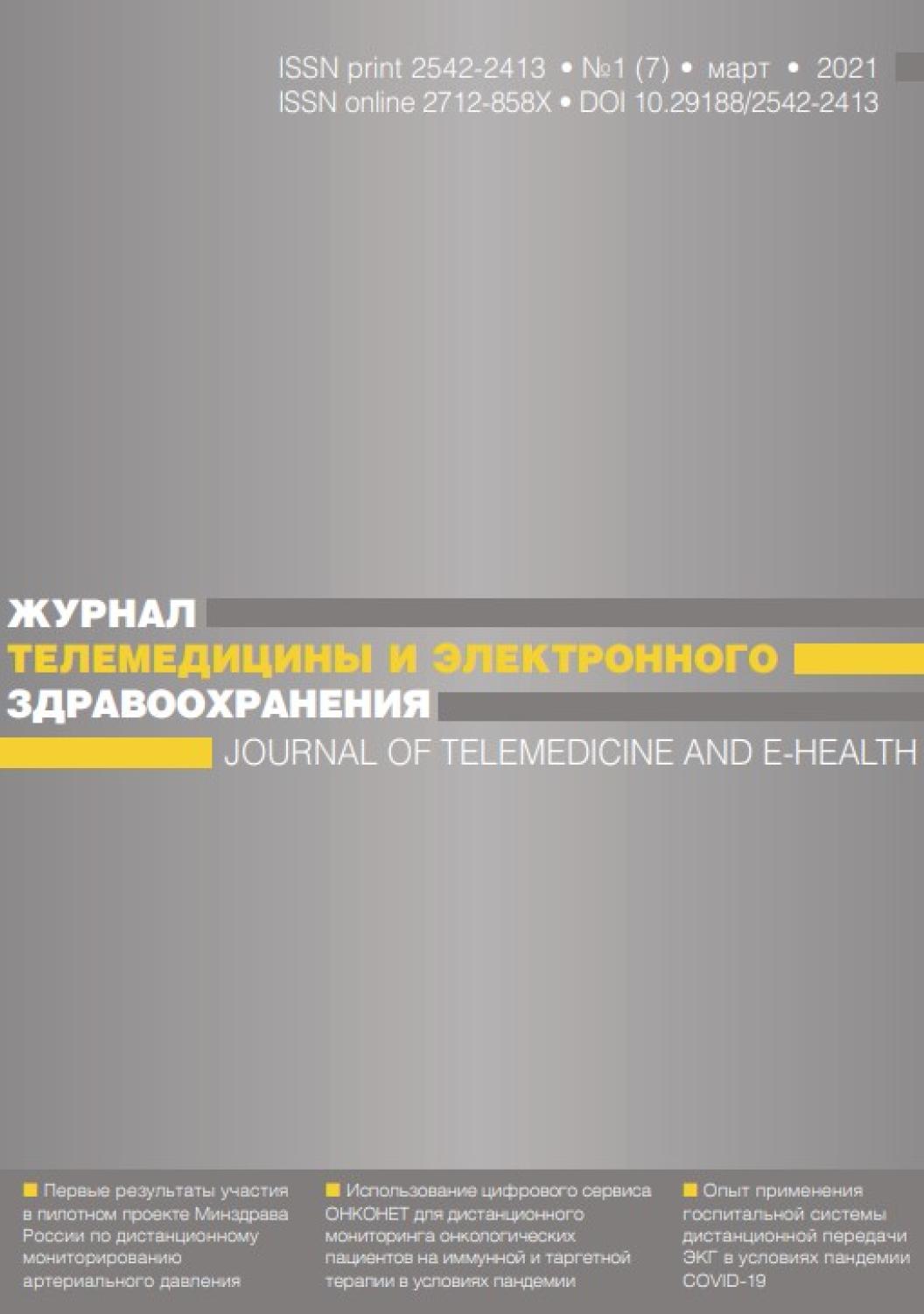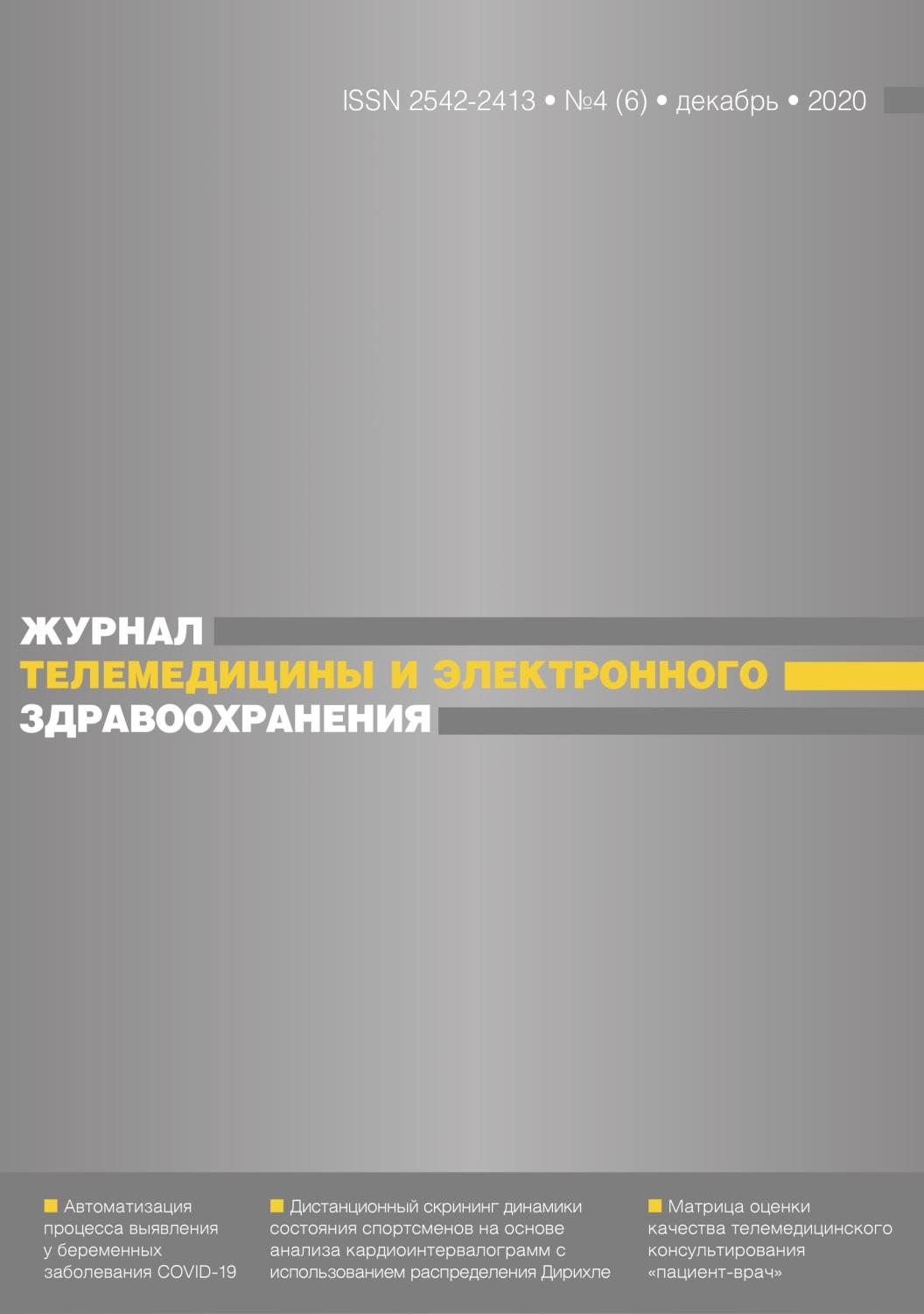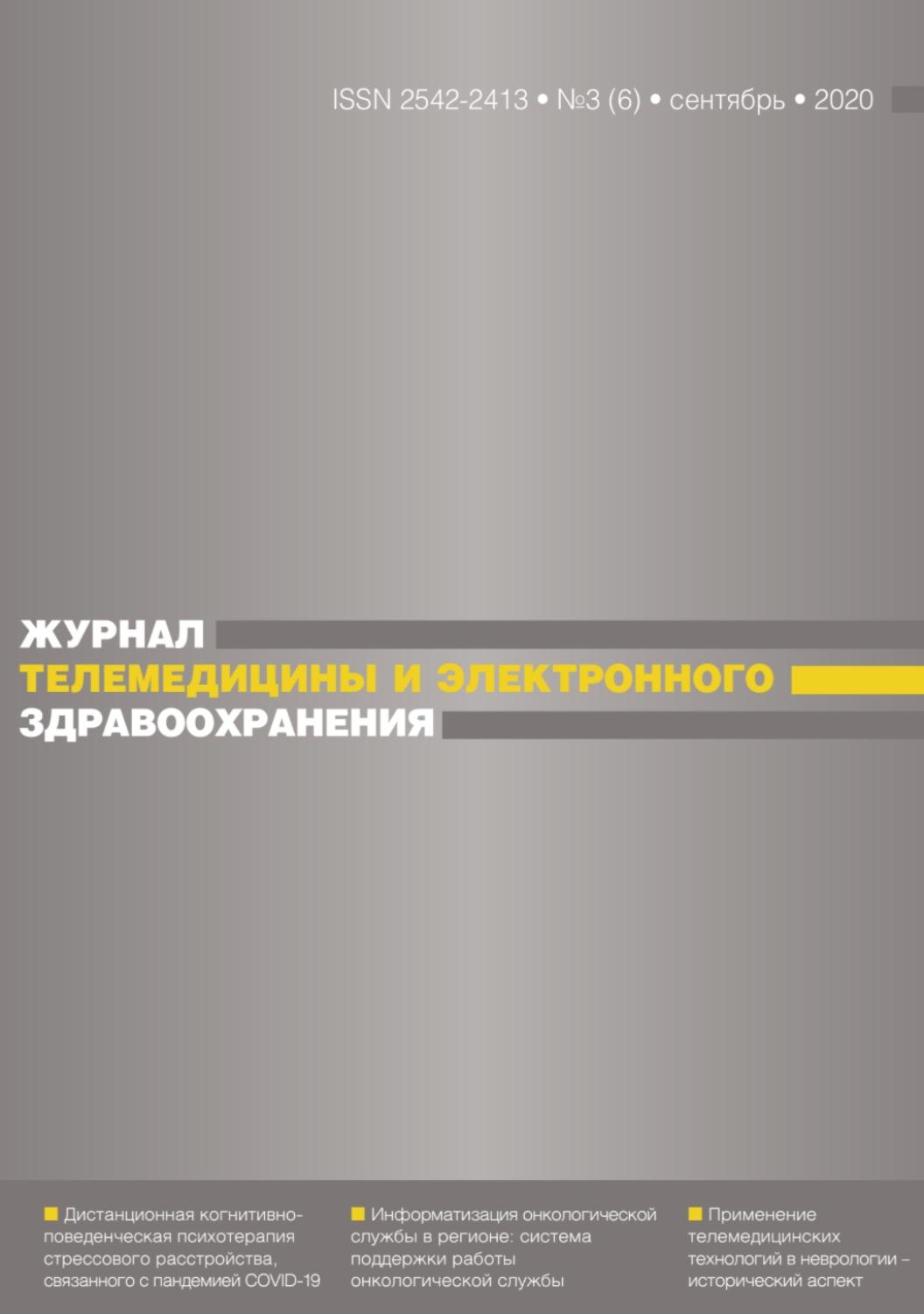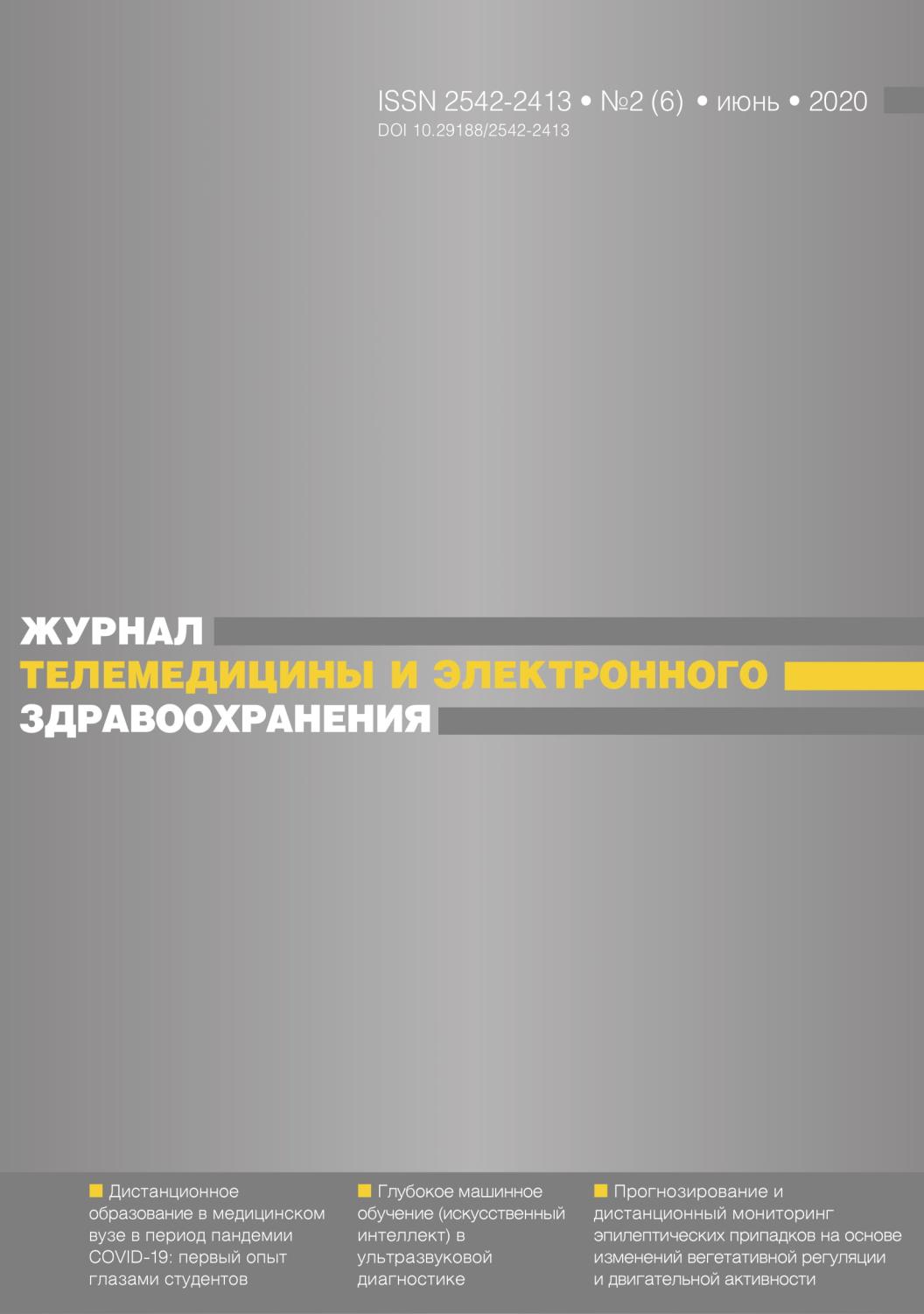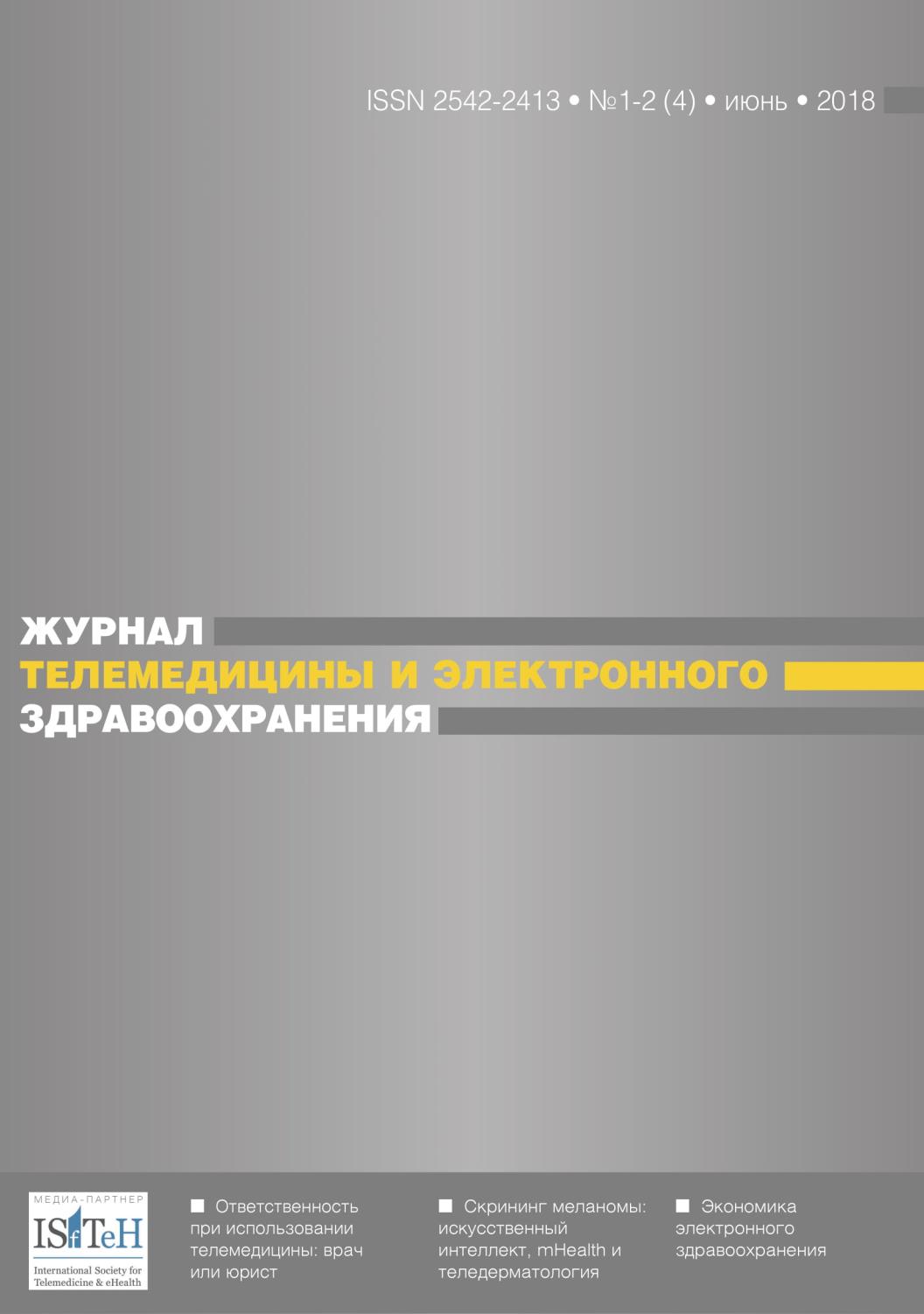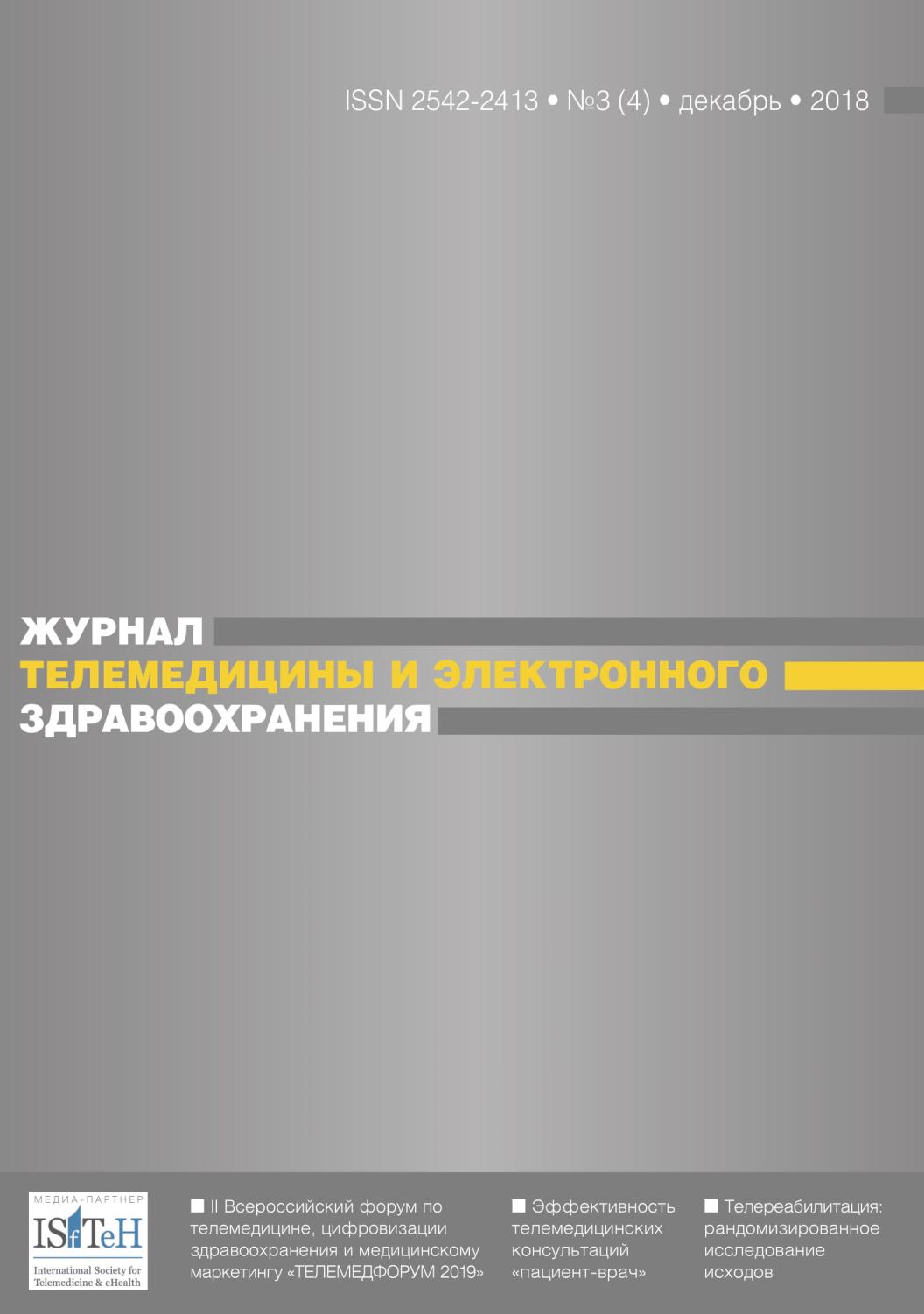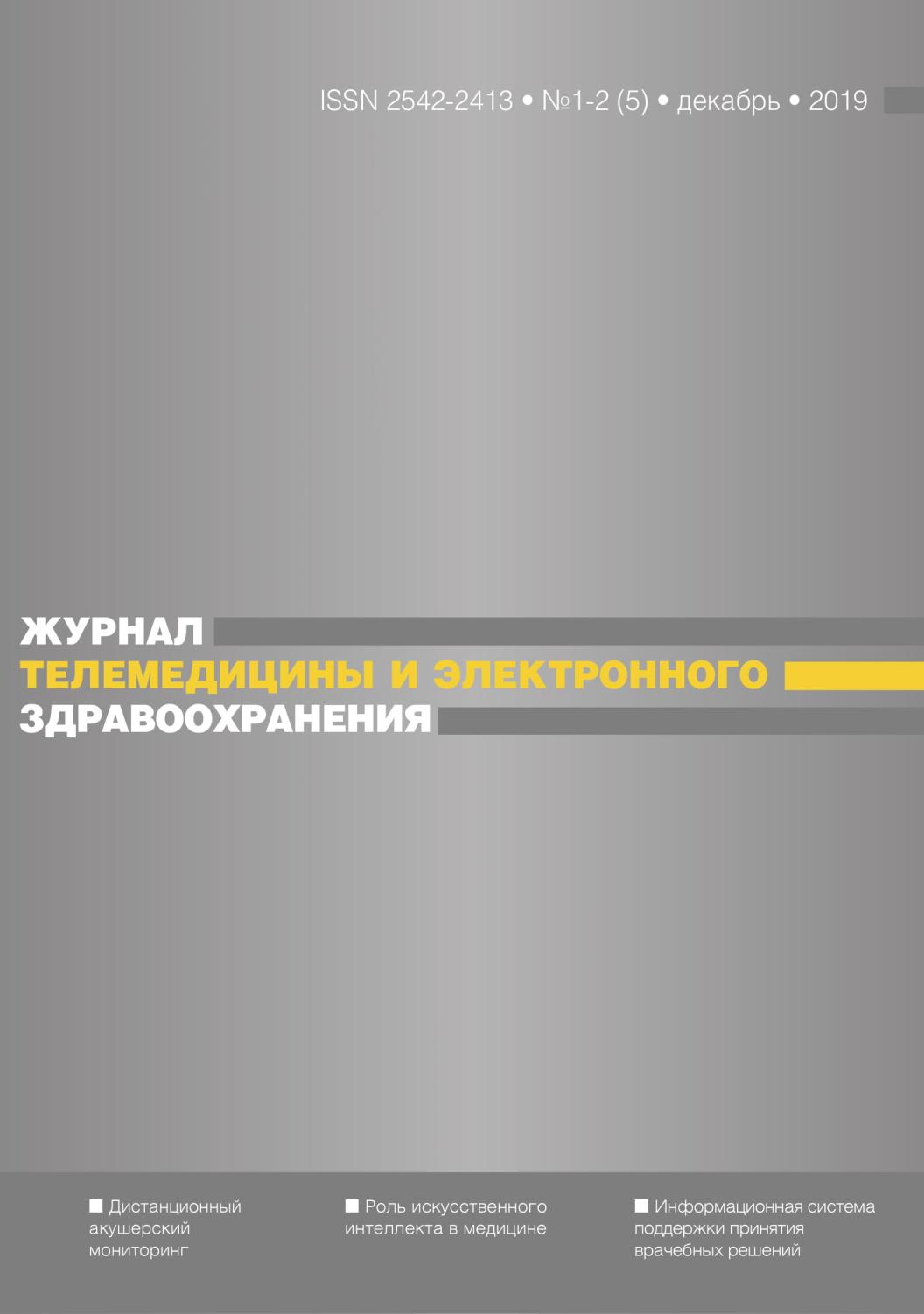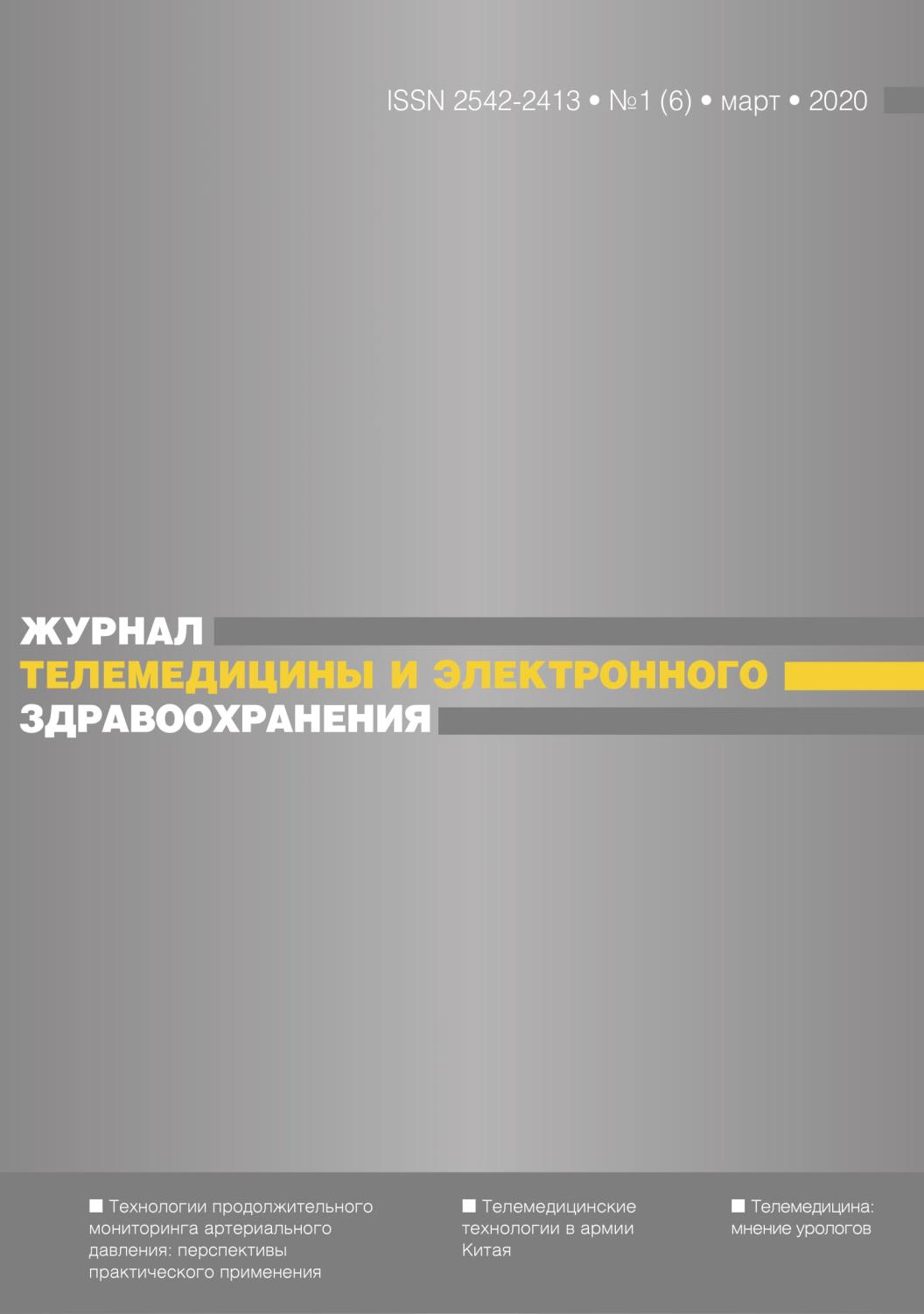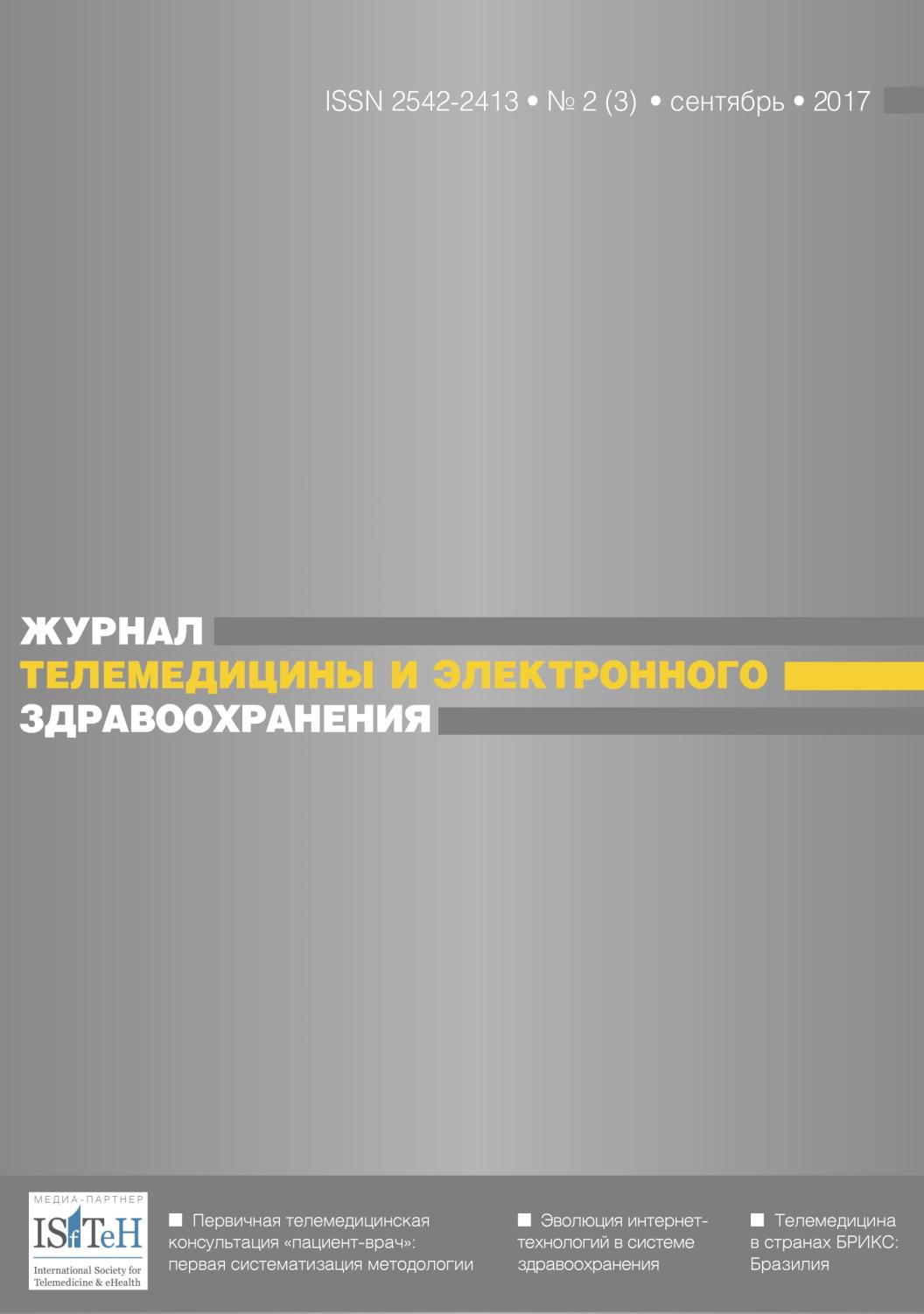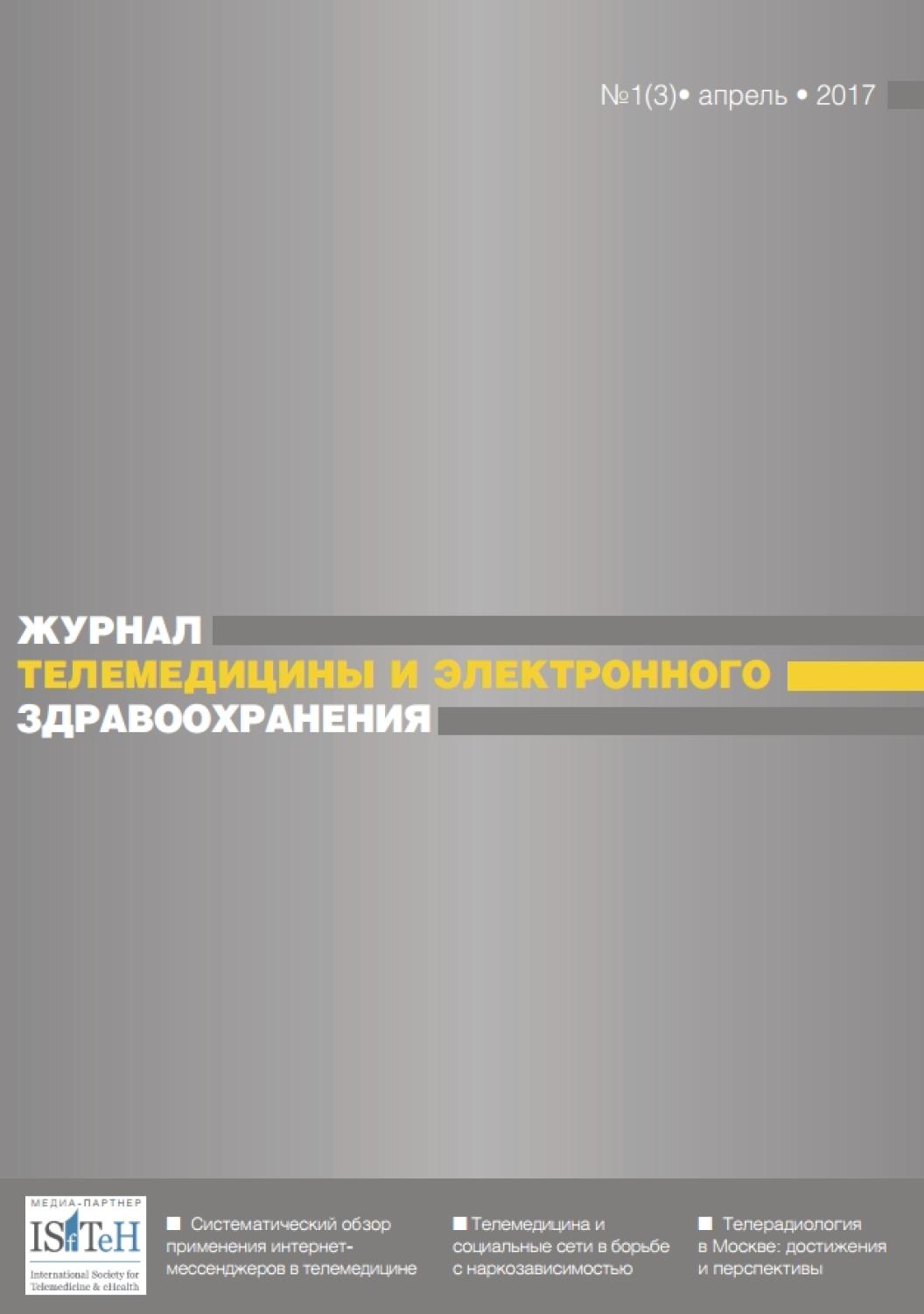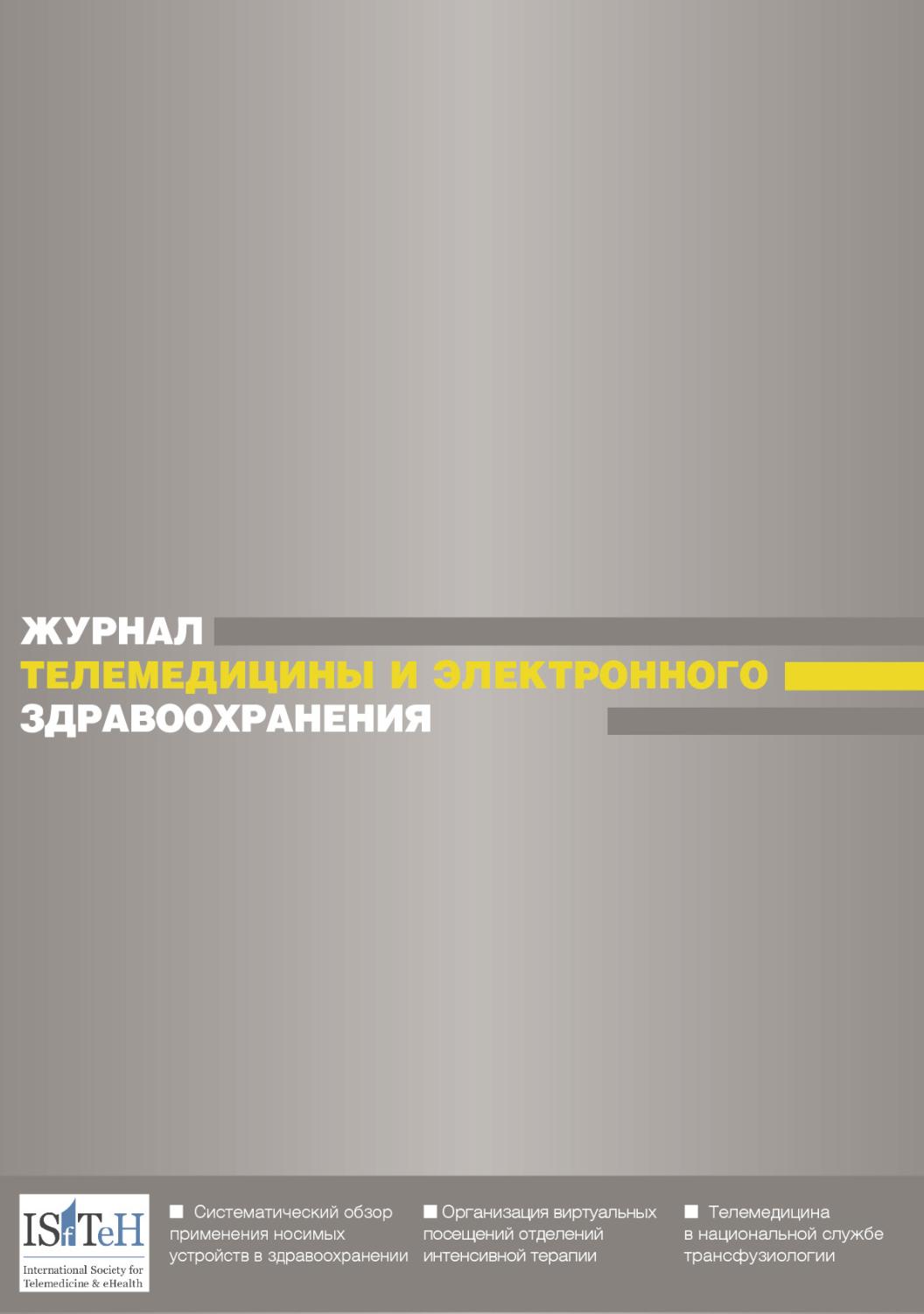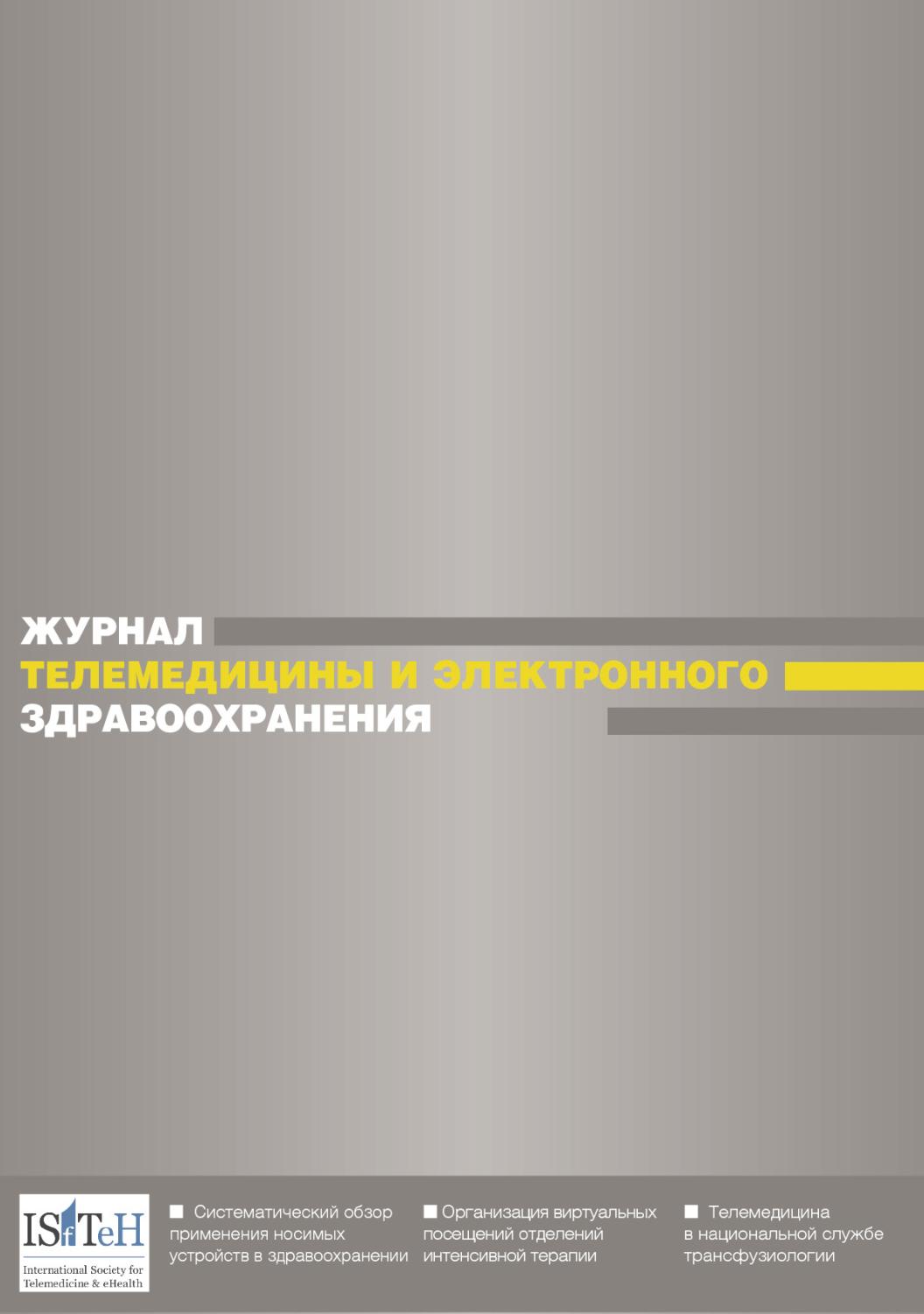The article presents the theoretical foundations of distance cognitive behavioral therapy (c-CBT) along with therapy aimed at modifying cognitive bias both from attention and action (CBM). Based on recent meta-analyses, the effectiveness of these forms of remote psychotherapy for depression, anxiety spectrum disorders and alcohol abuse are evaluated. Based on a review of several foreign studies until 2022, there is an extensive evidence base for the effectiveness of the remote form of CBT for depression, anxiety and alcohol-related disorders, however, due to therapeutic barriers, the cognitive-behavioral profile of patients, "standard" protocols are not enough to maintain the effectiveness of treatment. In this regard, it is recommended to focus on the specifics of the socio-cognitive processes of the patient (forms of displacement or shifts), in the perception of oneself, others, the situation and on the development of forms of flexible (multi-perspective) attribution, behavioral modification of cognitive shifts (not only beliefs) aimed at both attention, interpretation of incoming information and actions. It is shown that this tactic leads to large-scale changes due to the combined additive and interactive psychotherapeutic effects.
Distance psychotherapy aimed at modifying cognitive biases in attention and interpretation
Number №1, 2024
- page 59-68
DOI: 10.29188/2712-9217-2024-10-1-59-68
For citation:
Melekhin A.I. Distance psychotherapy aimed at modifying cognitive biases in attention and interpretation. Russian Journal of Telemedicine and E-Health 2024;10(1):59-68; https://doi.org/10.29188/2712-9217-2024-10-1-59-68
Information about authors:
- Melekhin A.I. – PhD, Associate Professor, clinical psychologist of the highest qualification category; Moscow, Russia; RSCI AuthorID 762868
 4730
4730
| Attachment | Size |
|---|---|
| Download | 1.17 MB |
Keywords:
cognitive behavioral therapy; cognitive bias; cognitive shifts; cognitive processes; attribution; telepsychotherapy; remote cognitive behavioral therapy; psychotherapy


